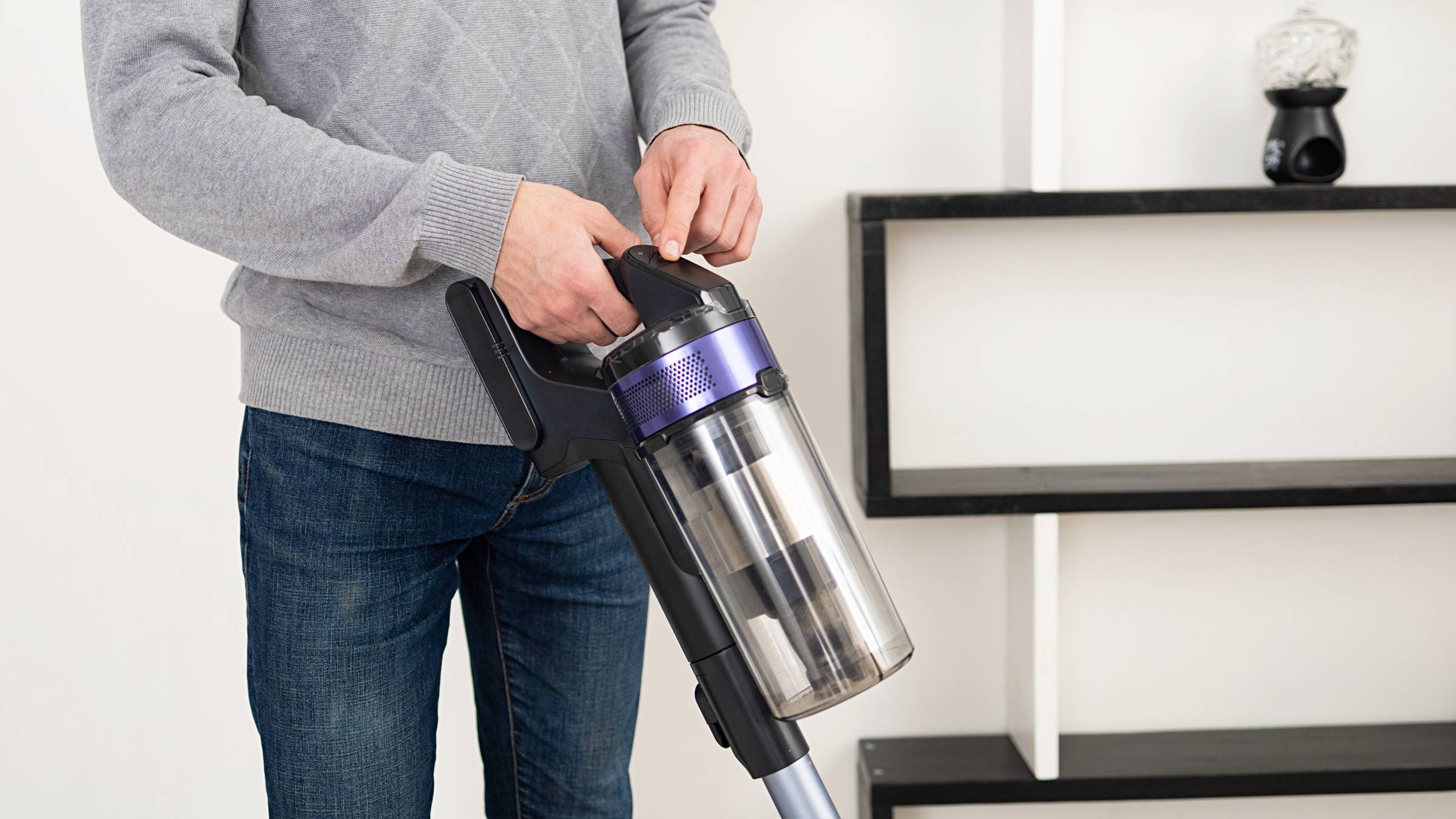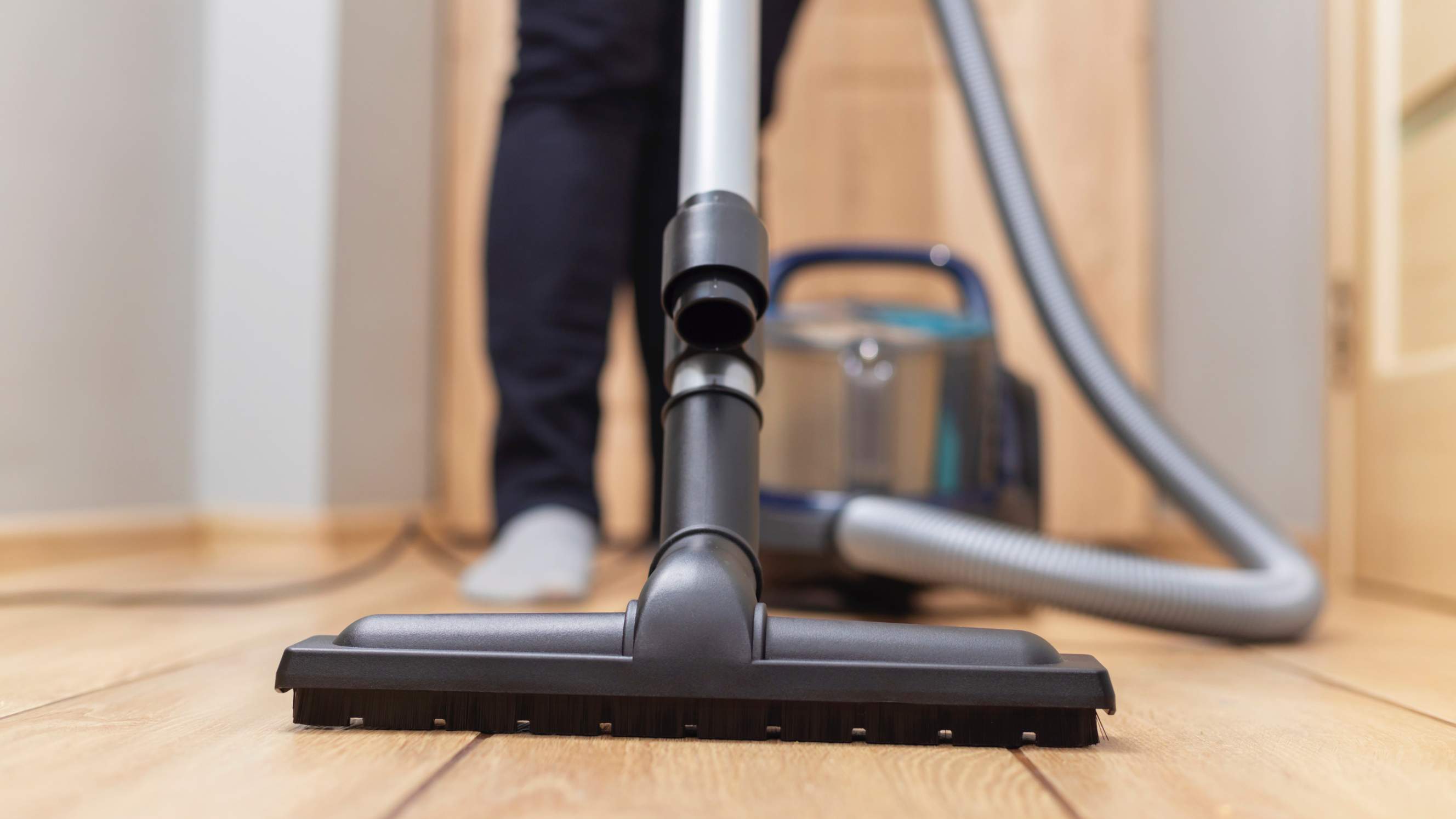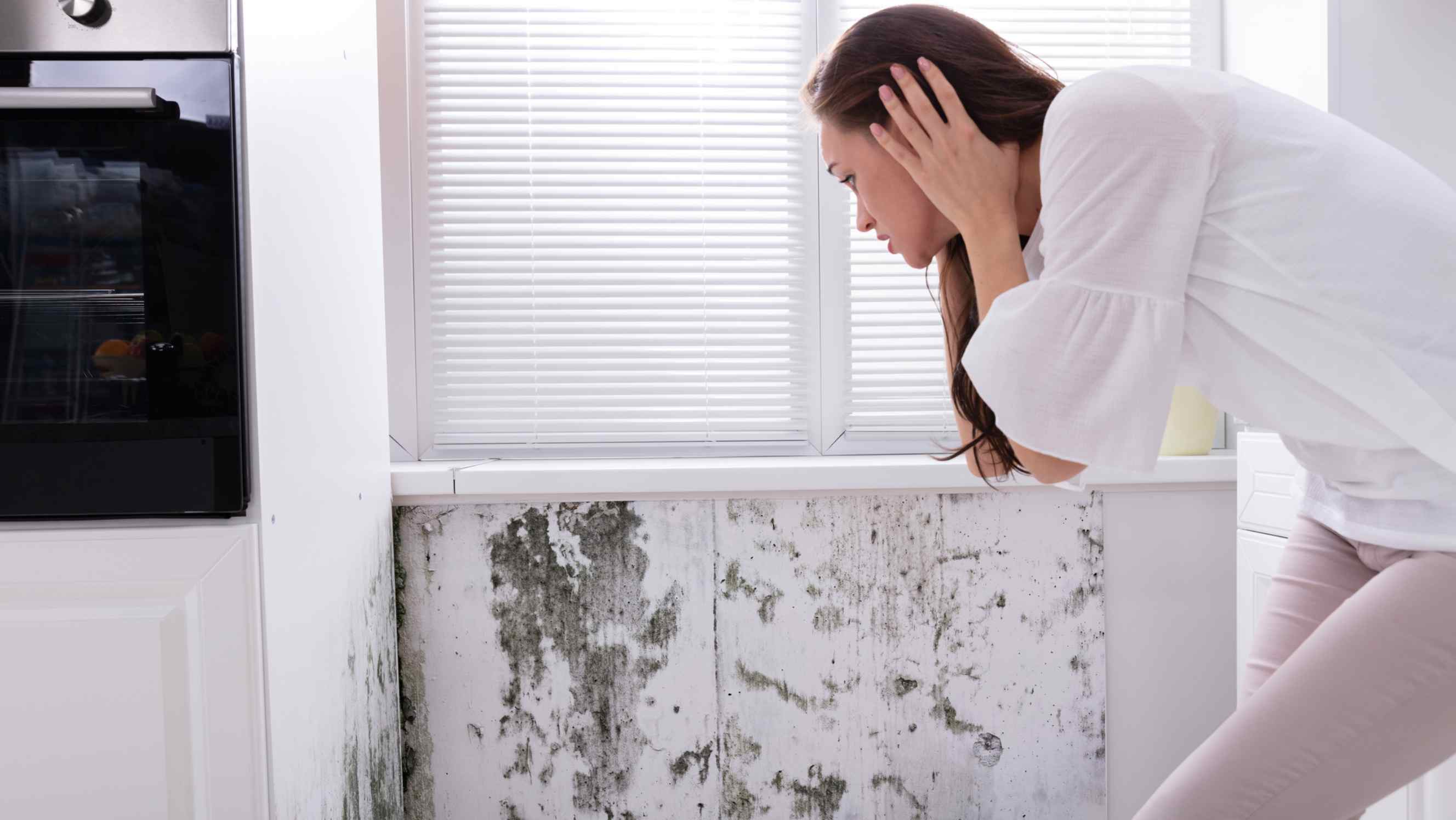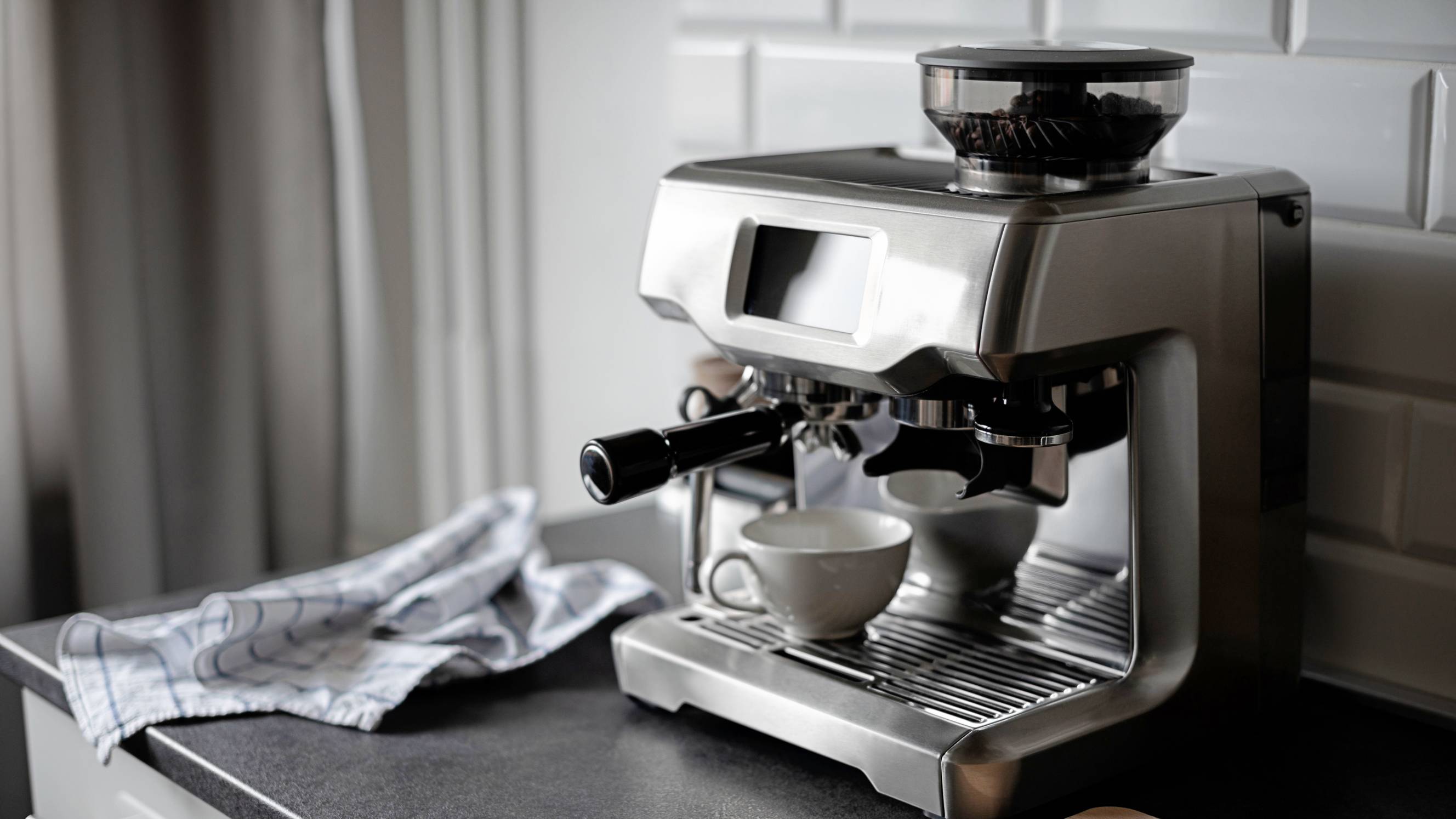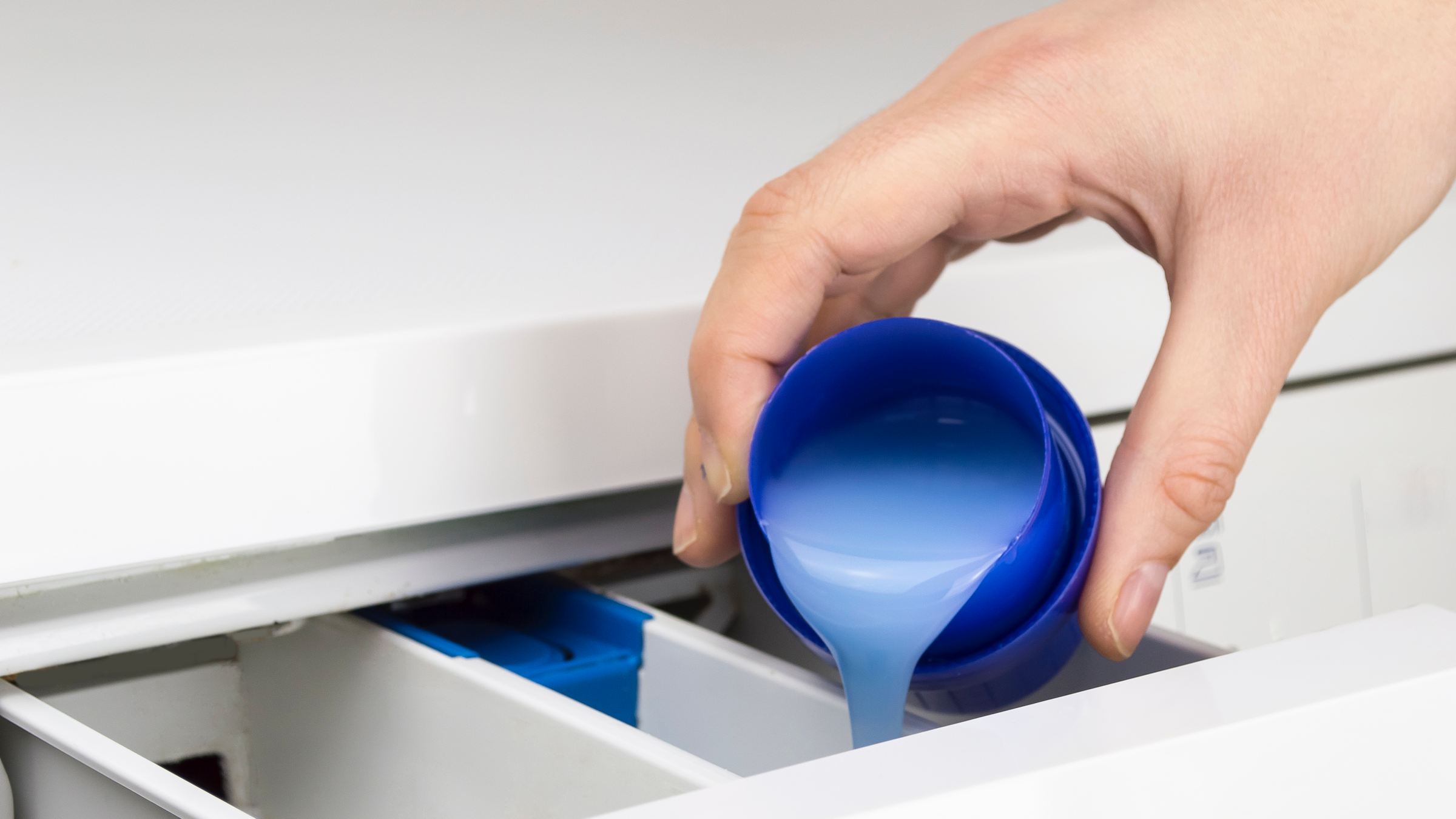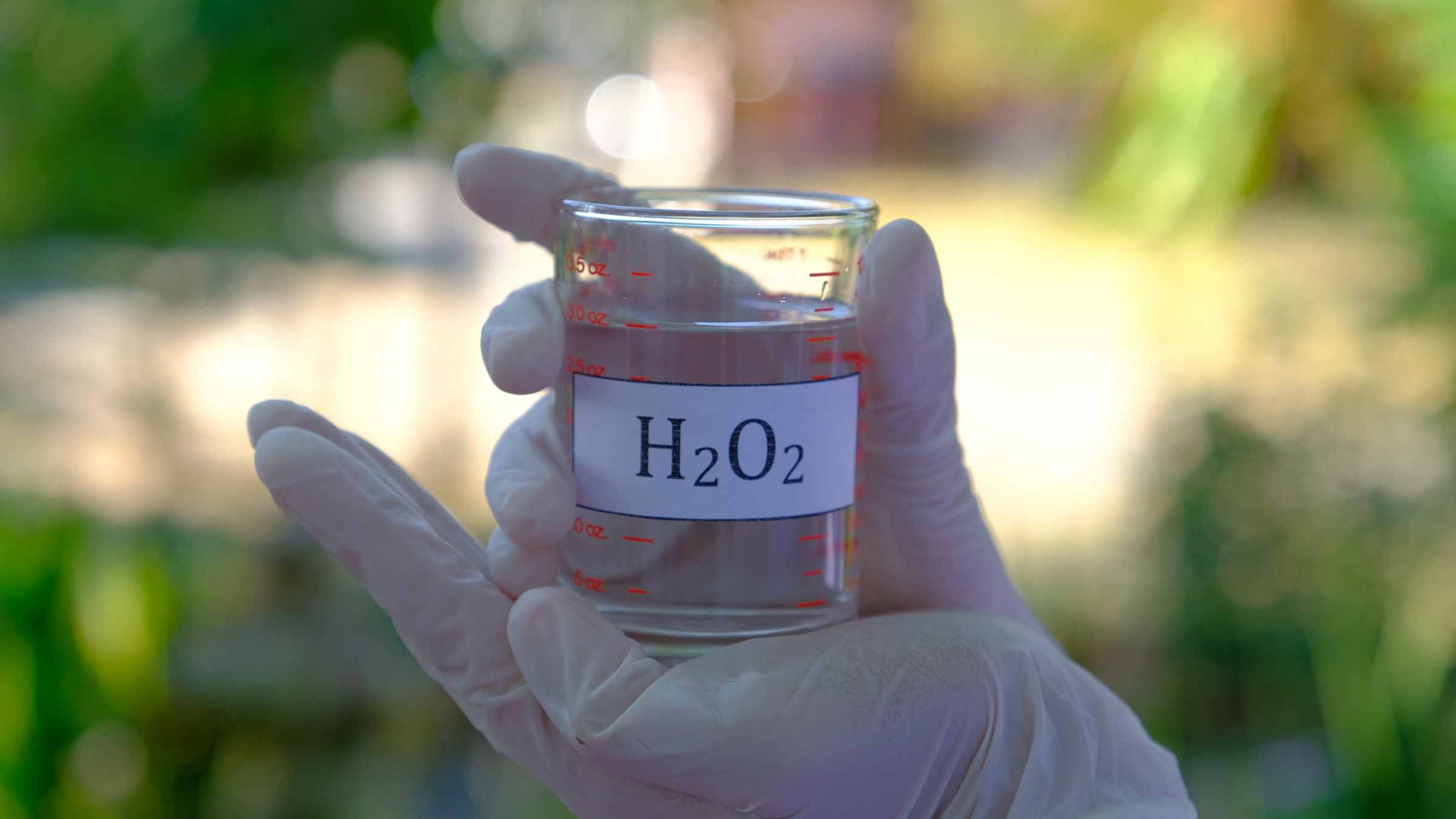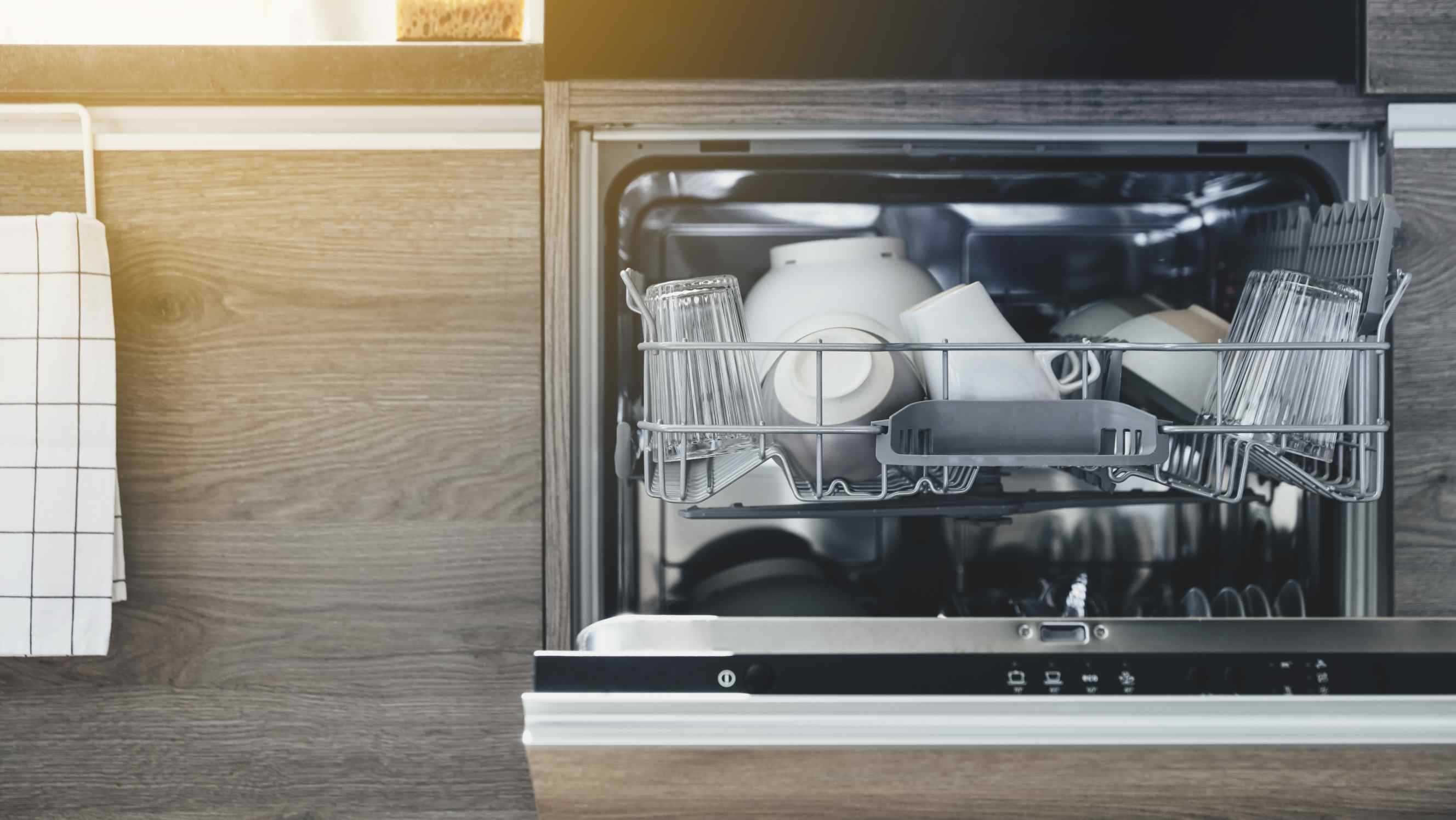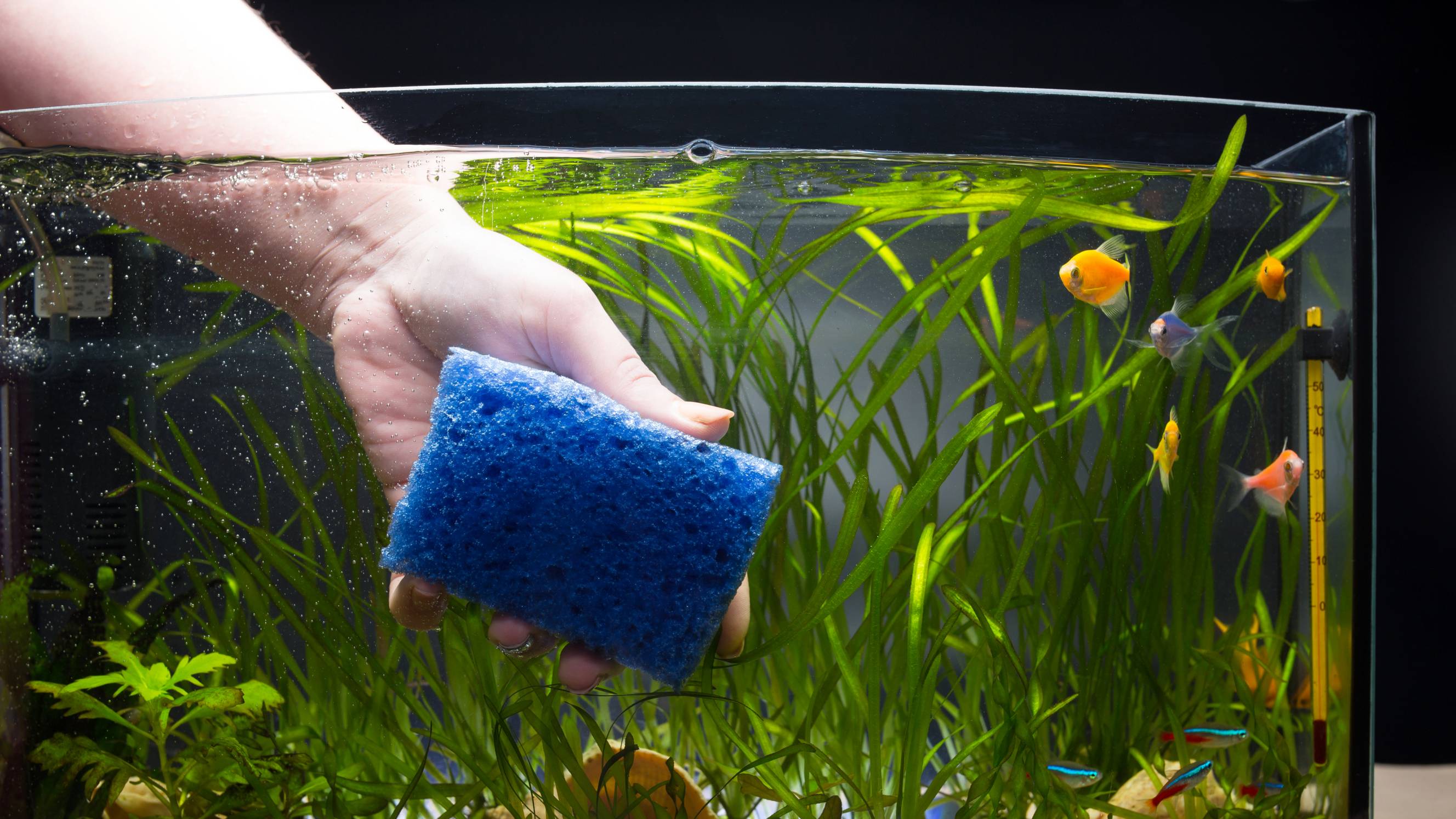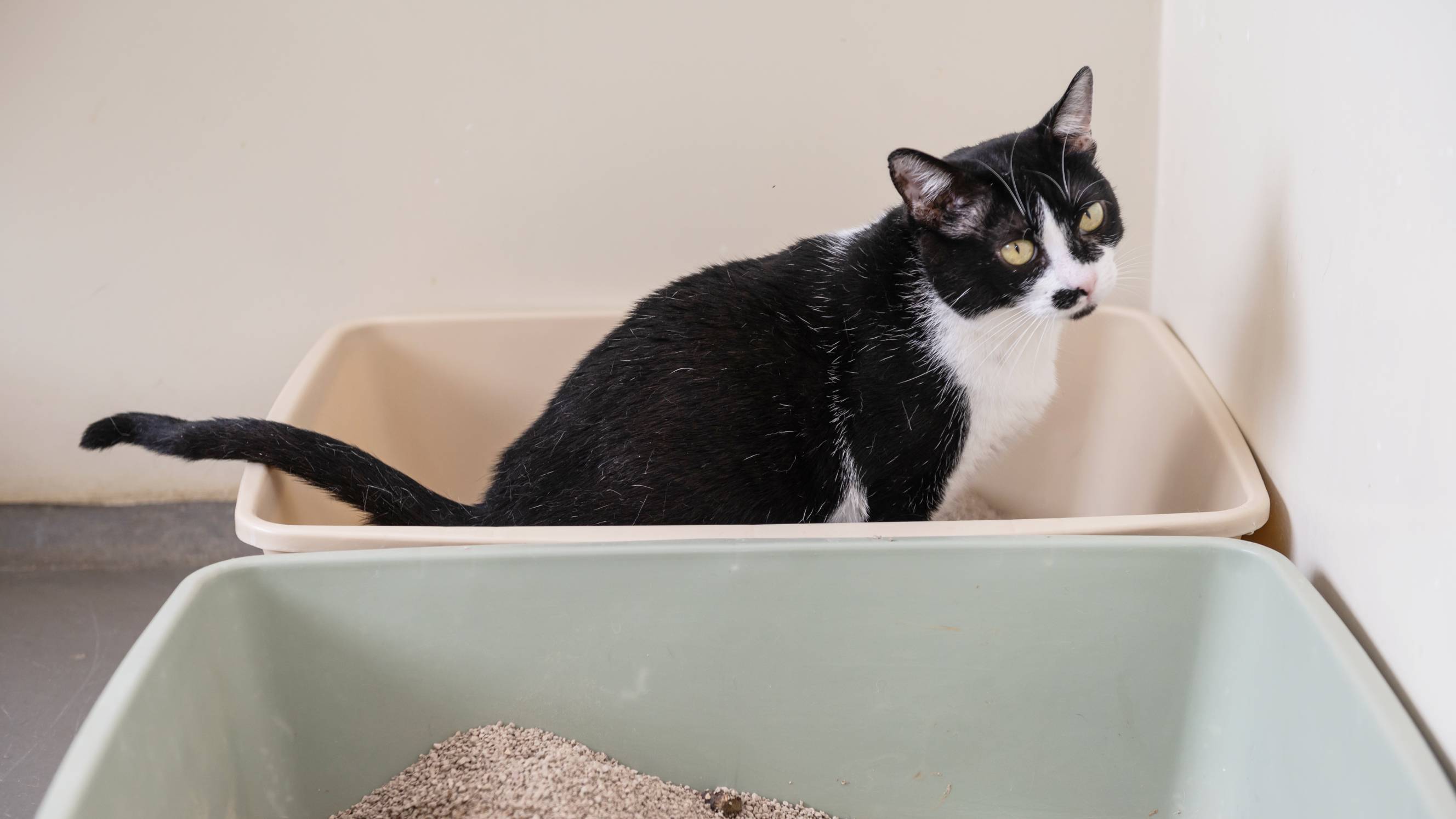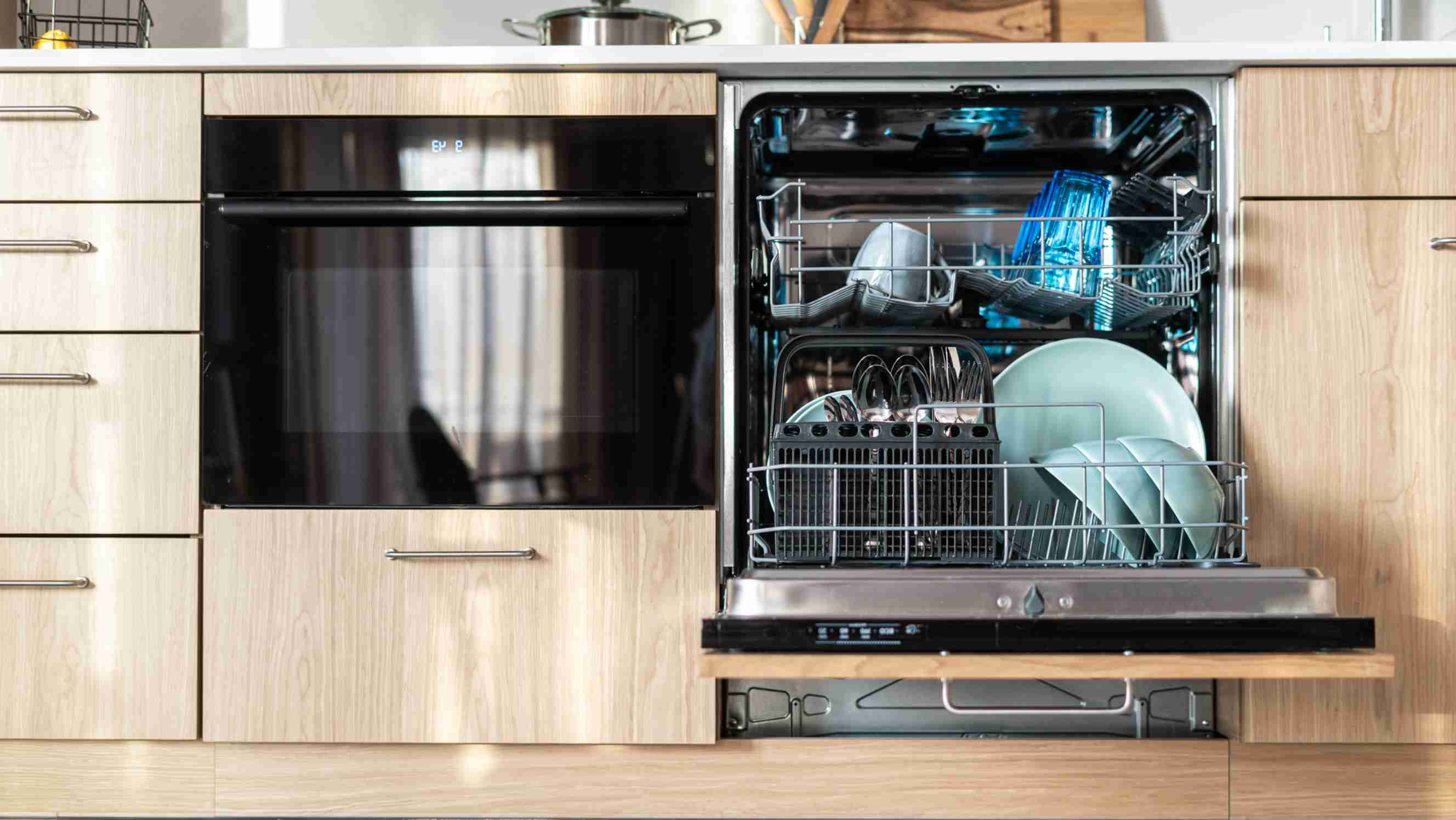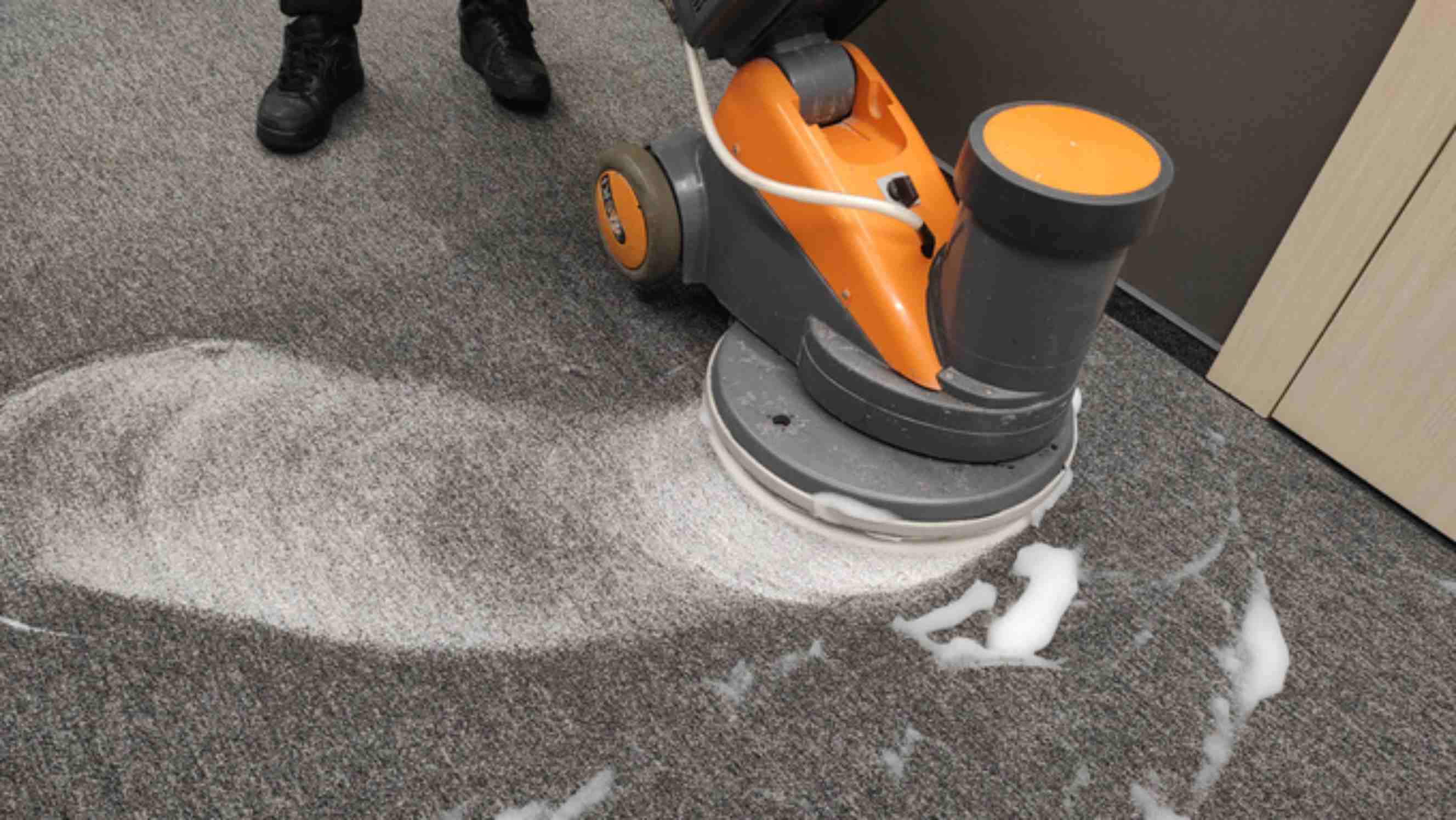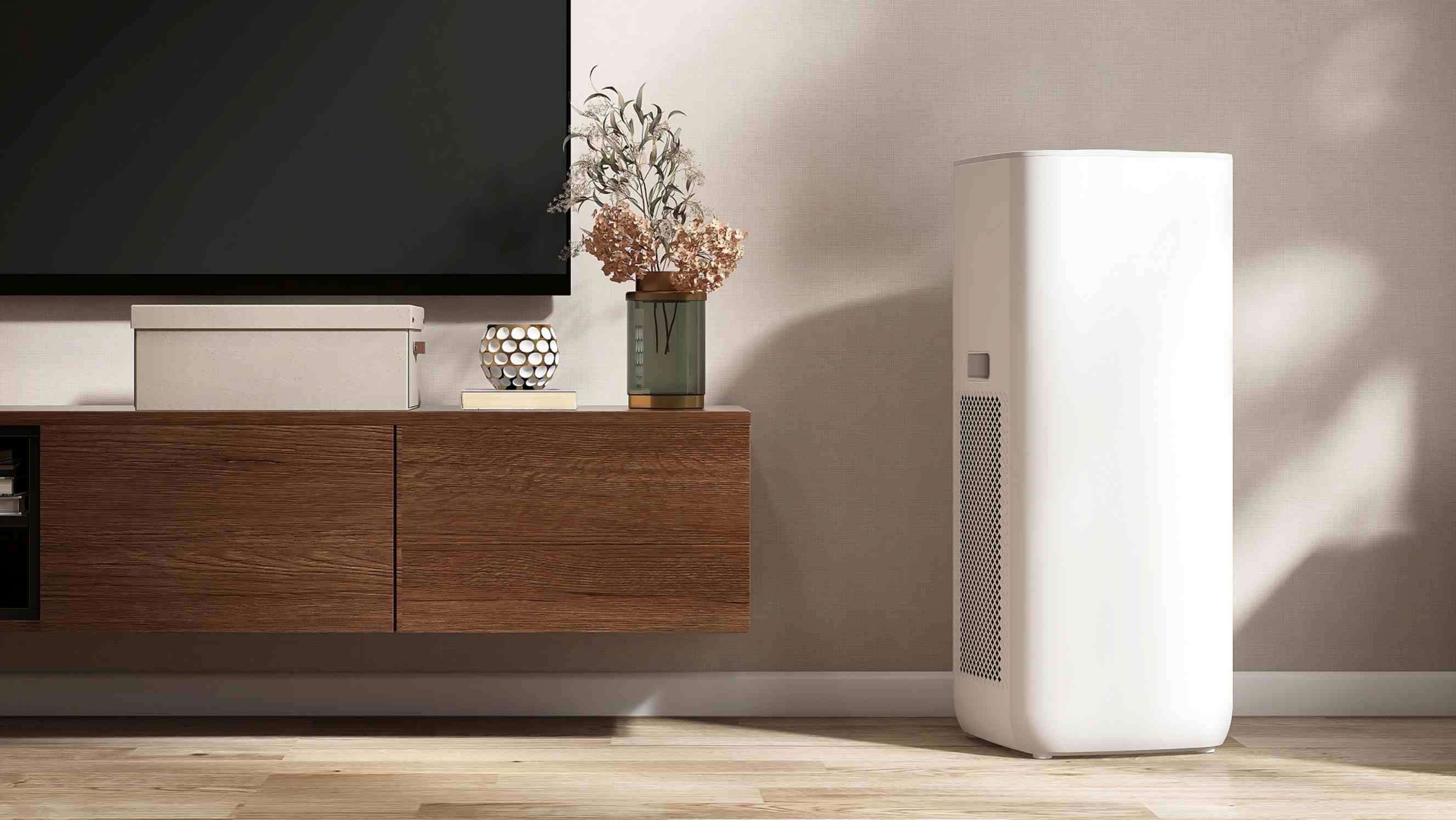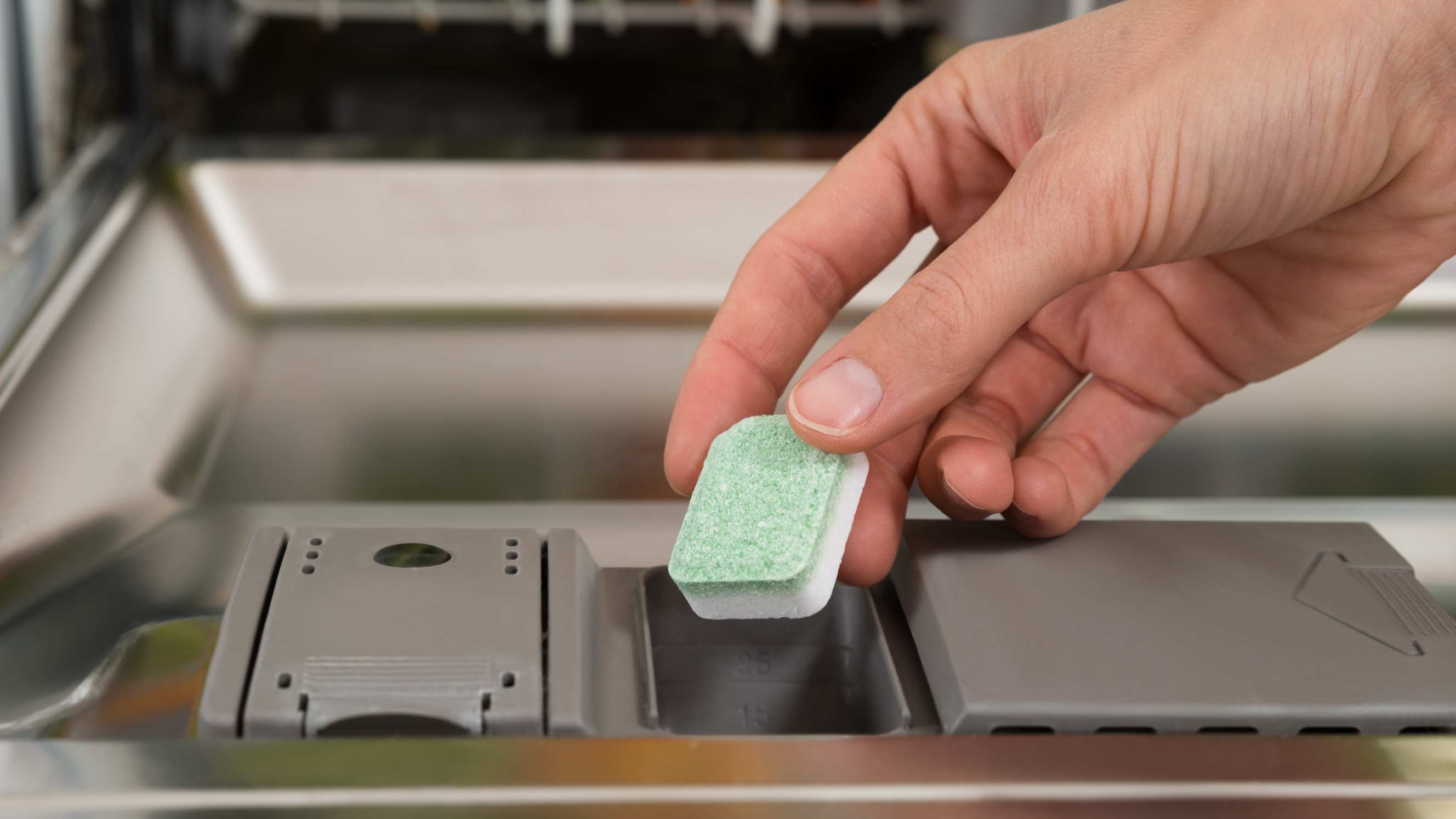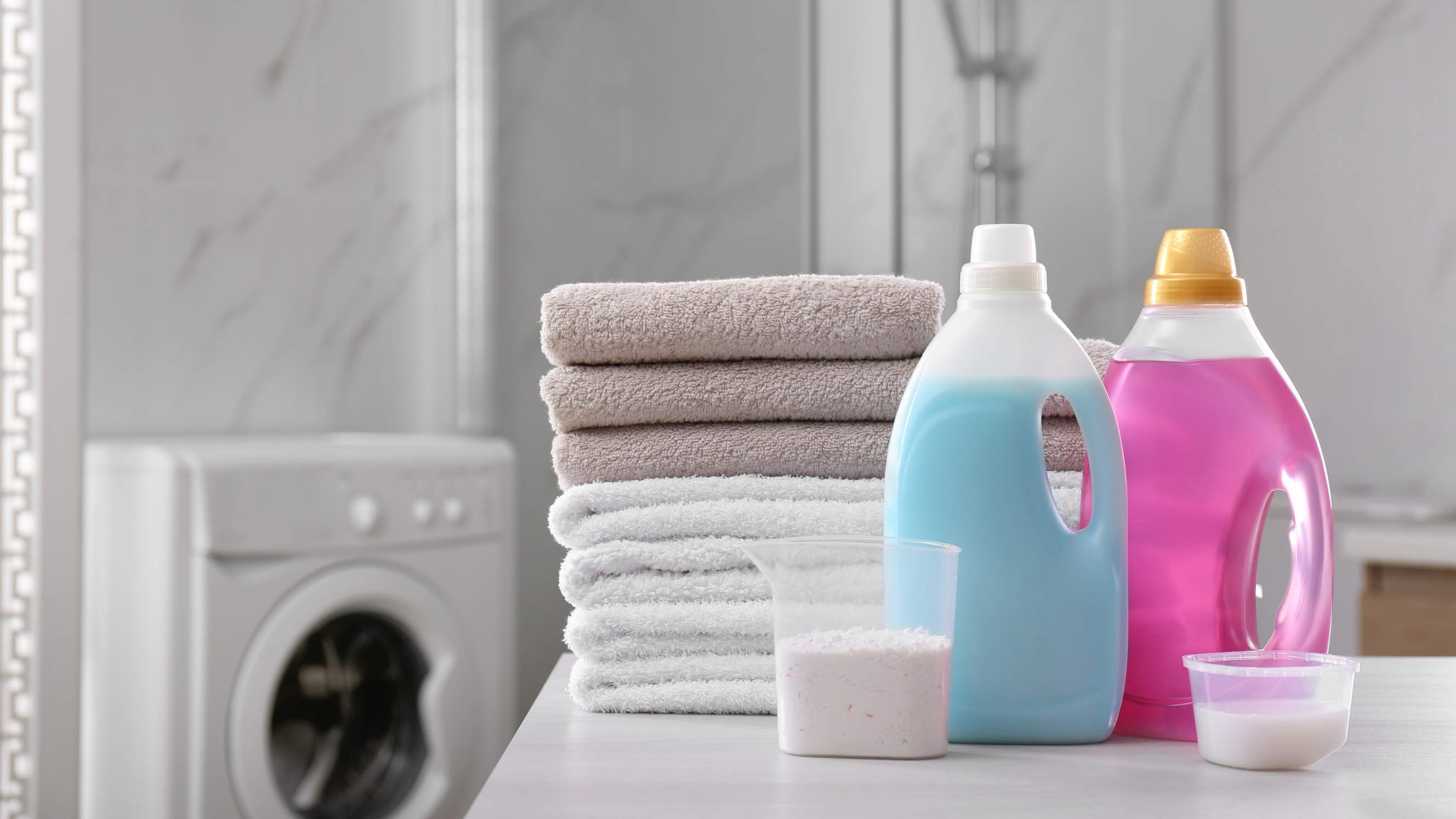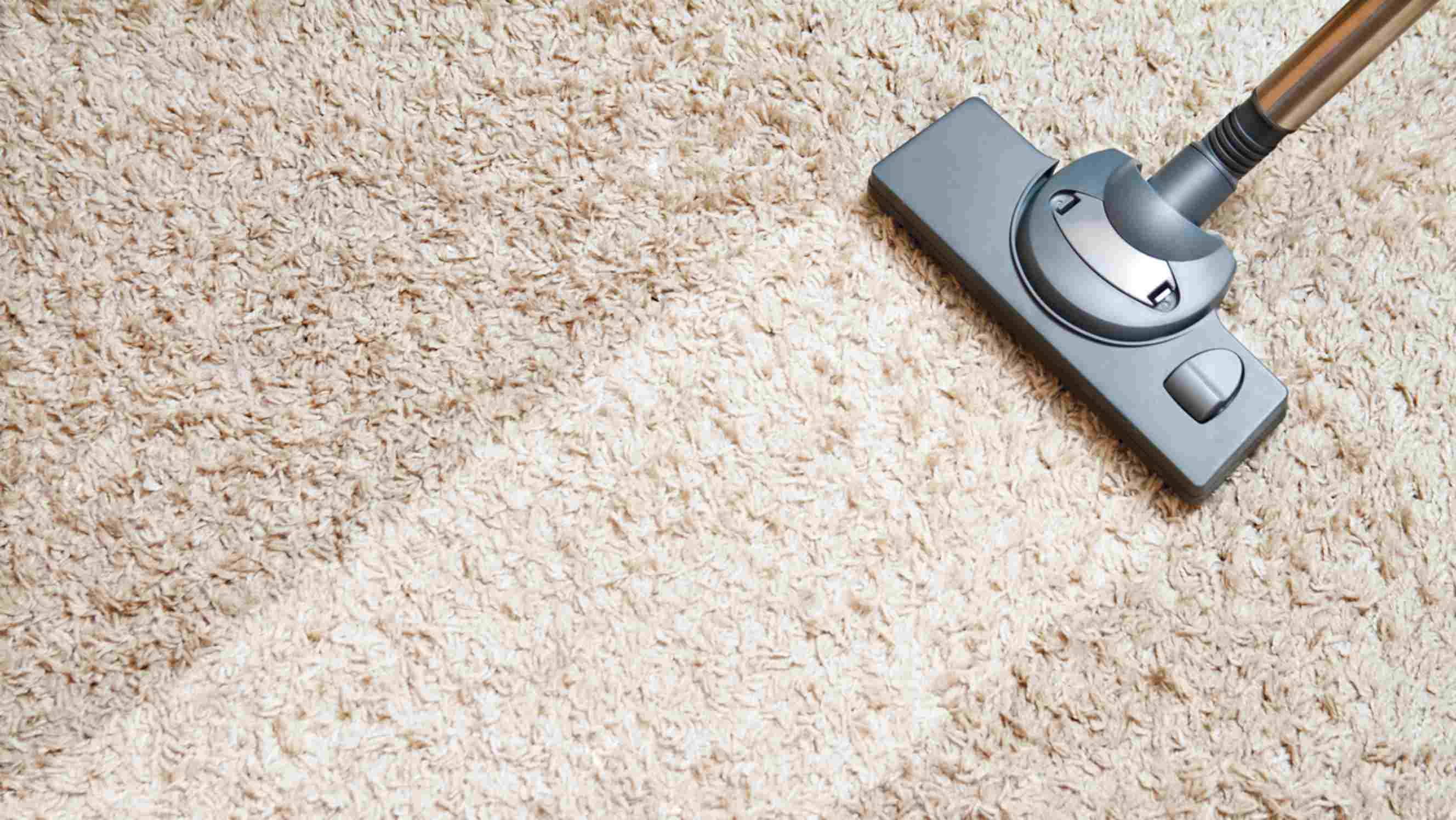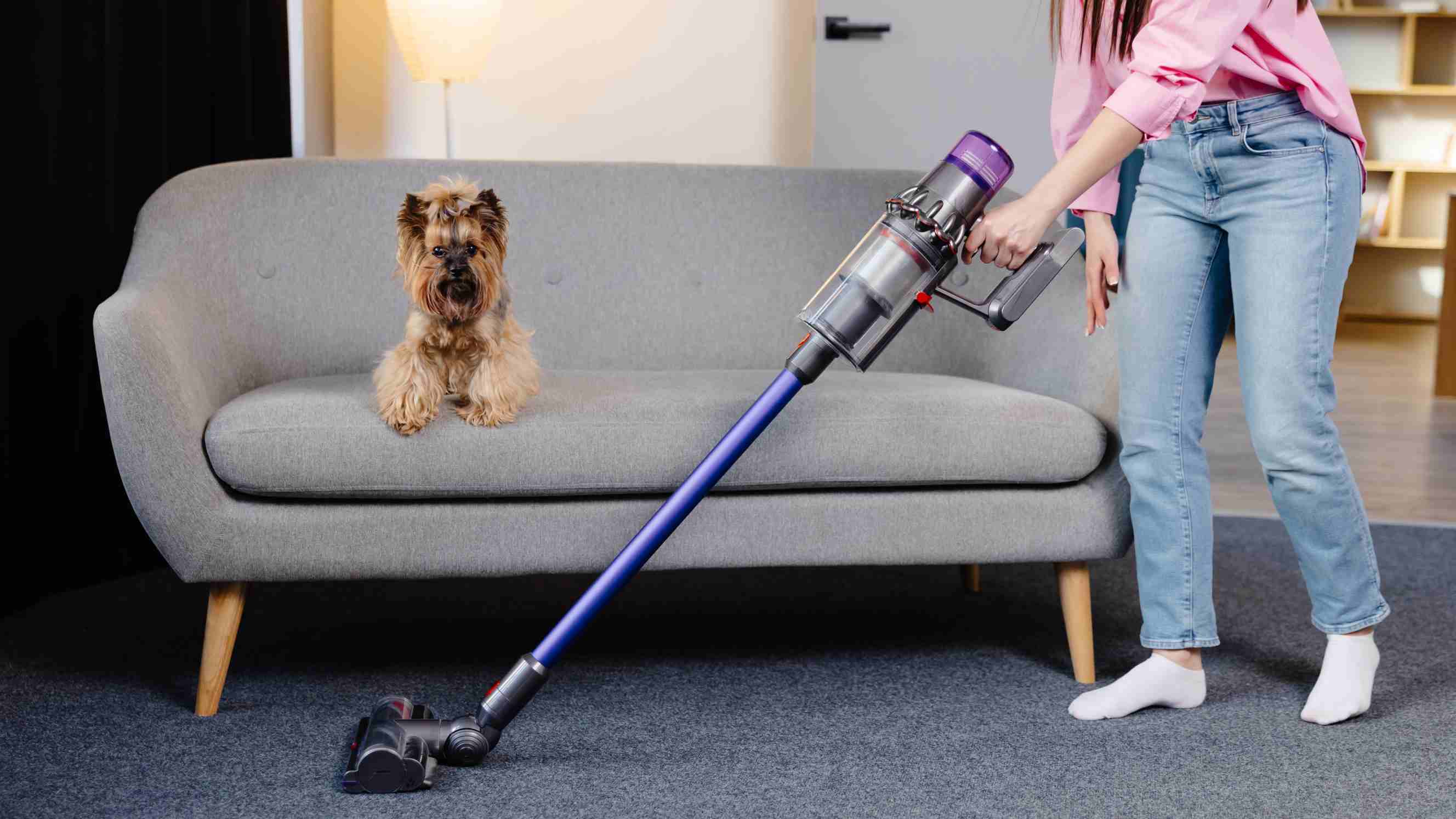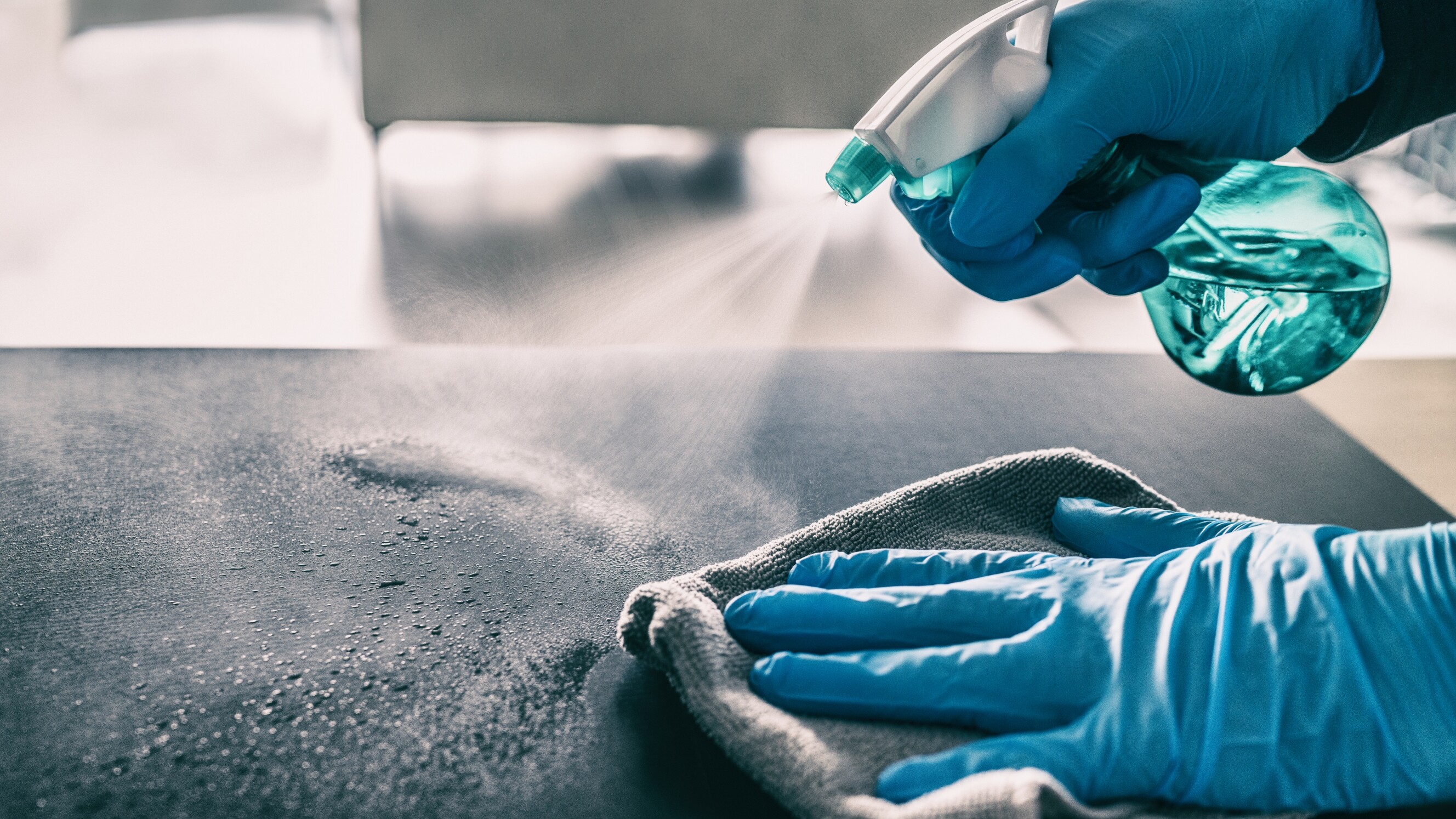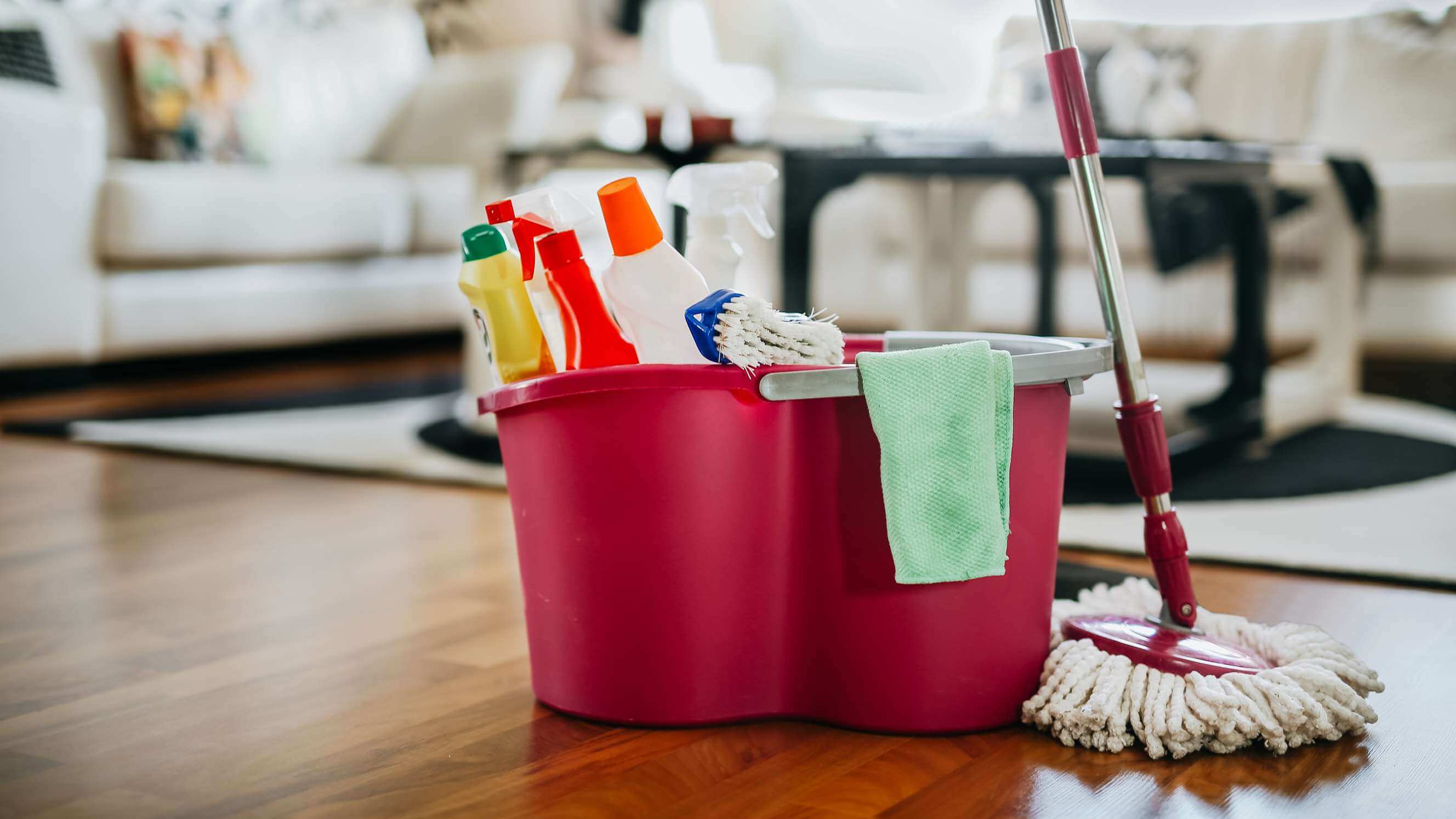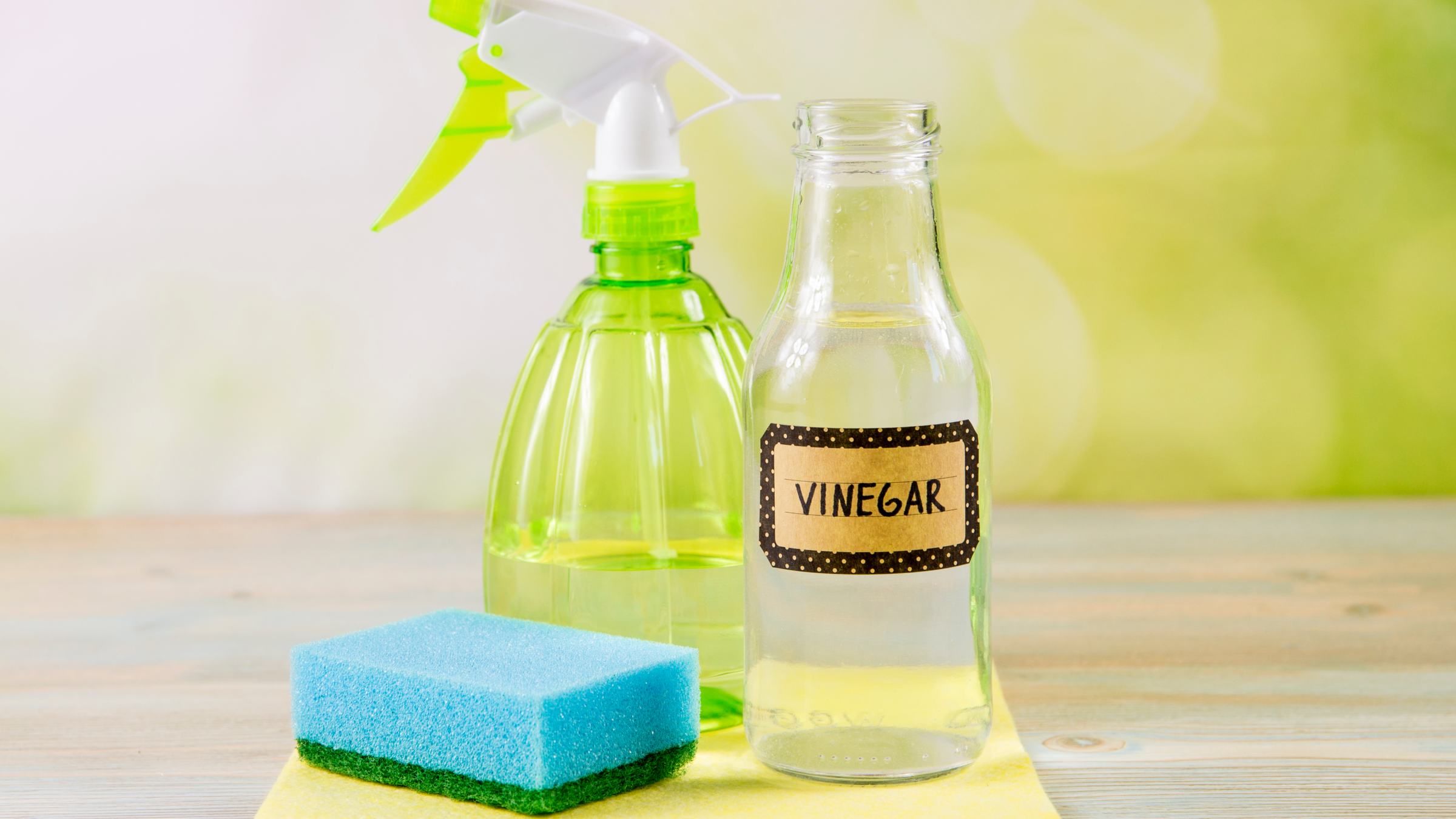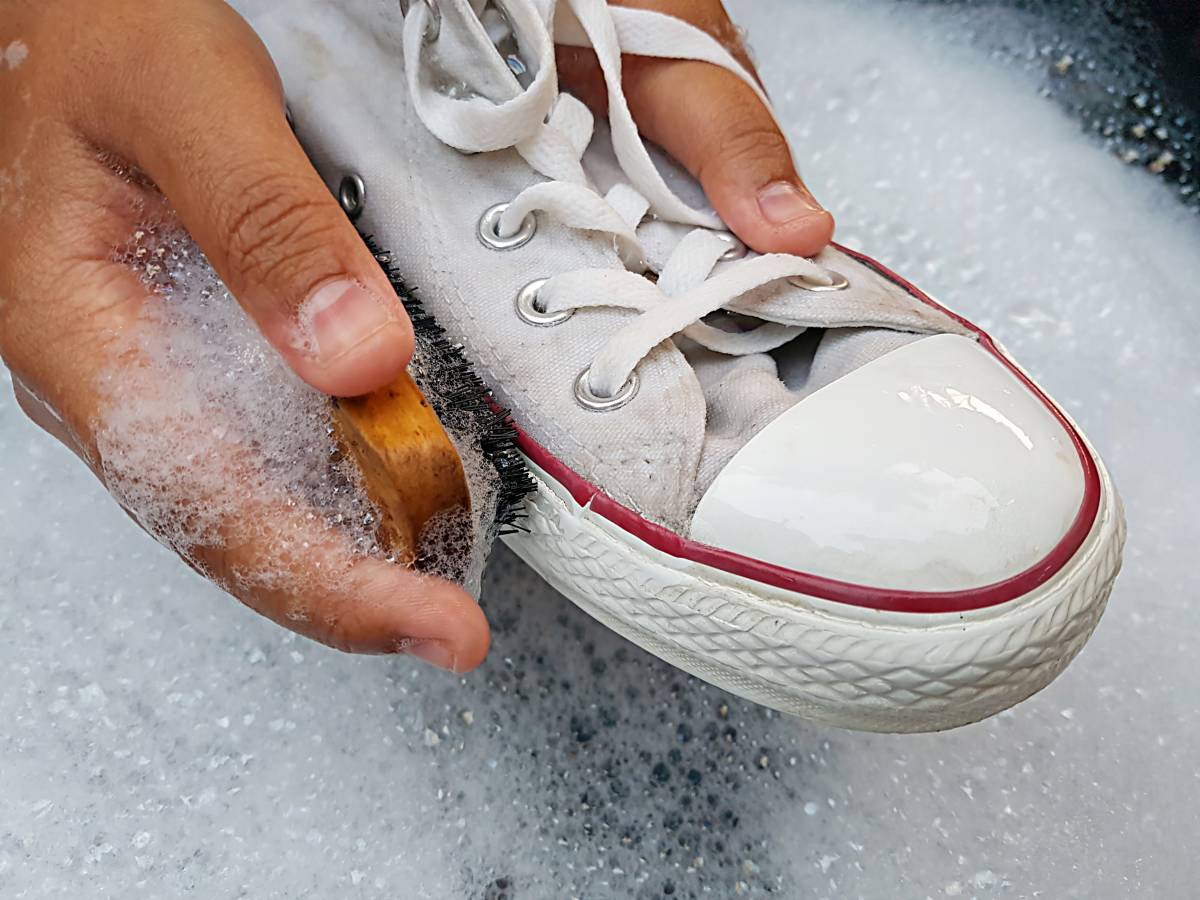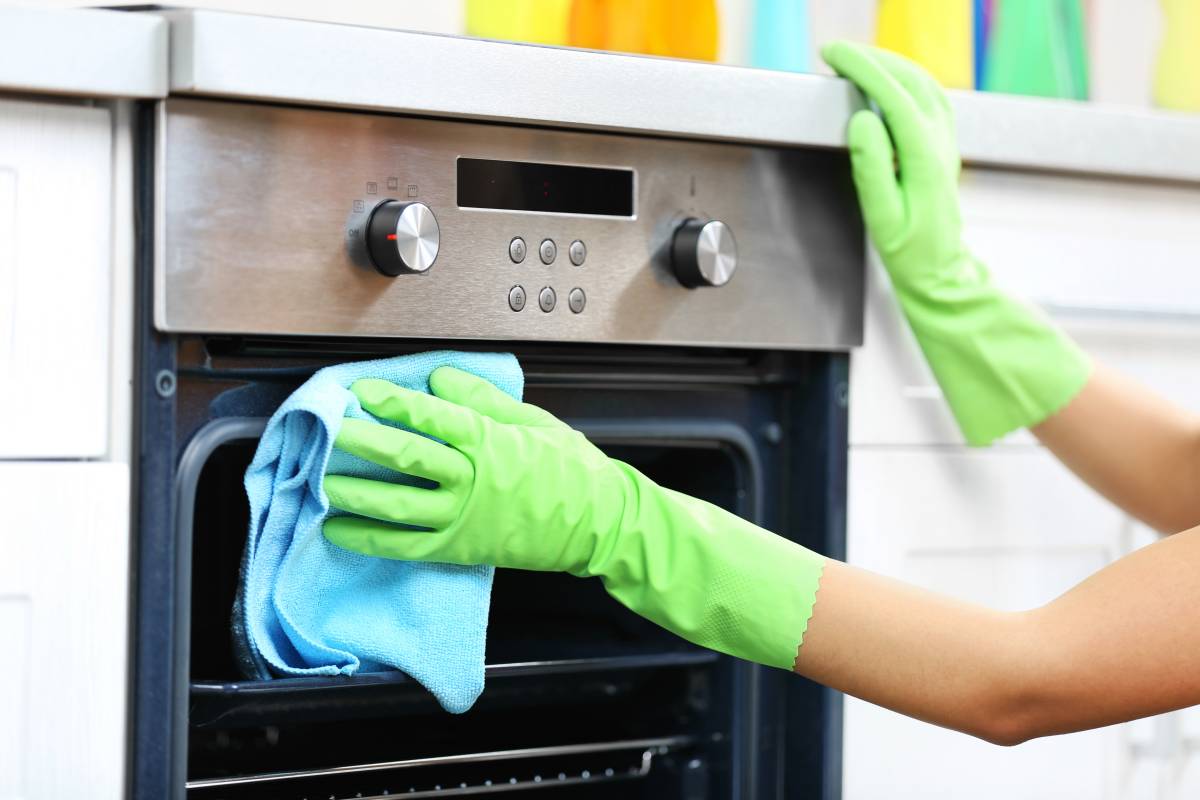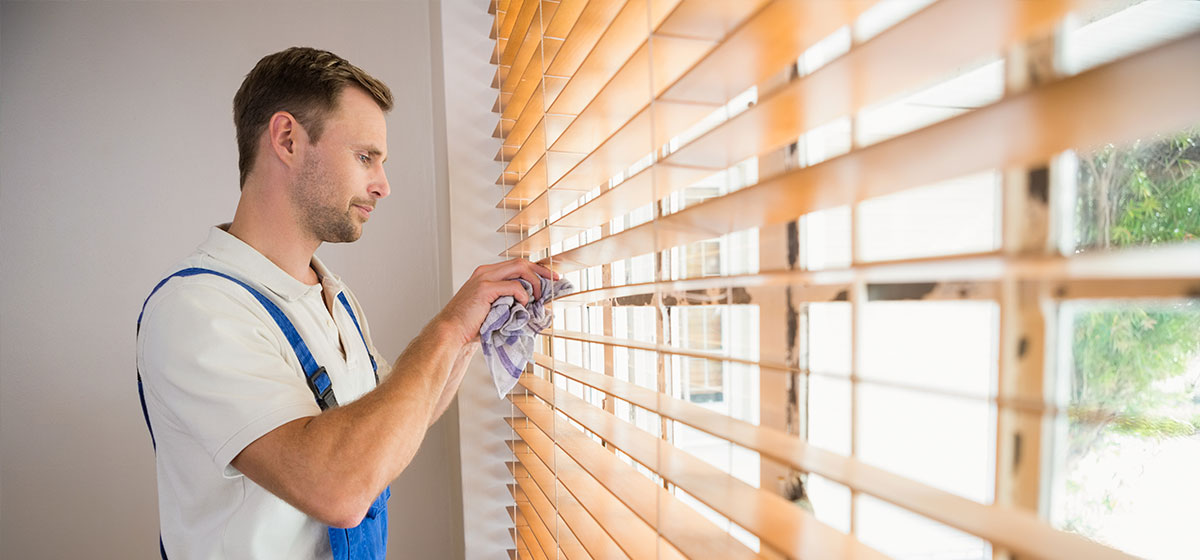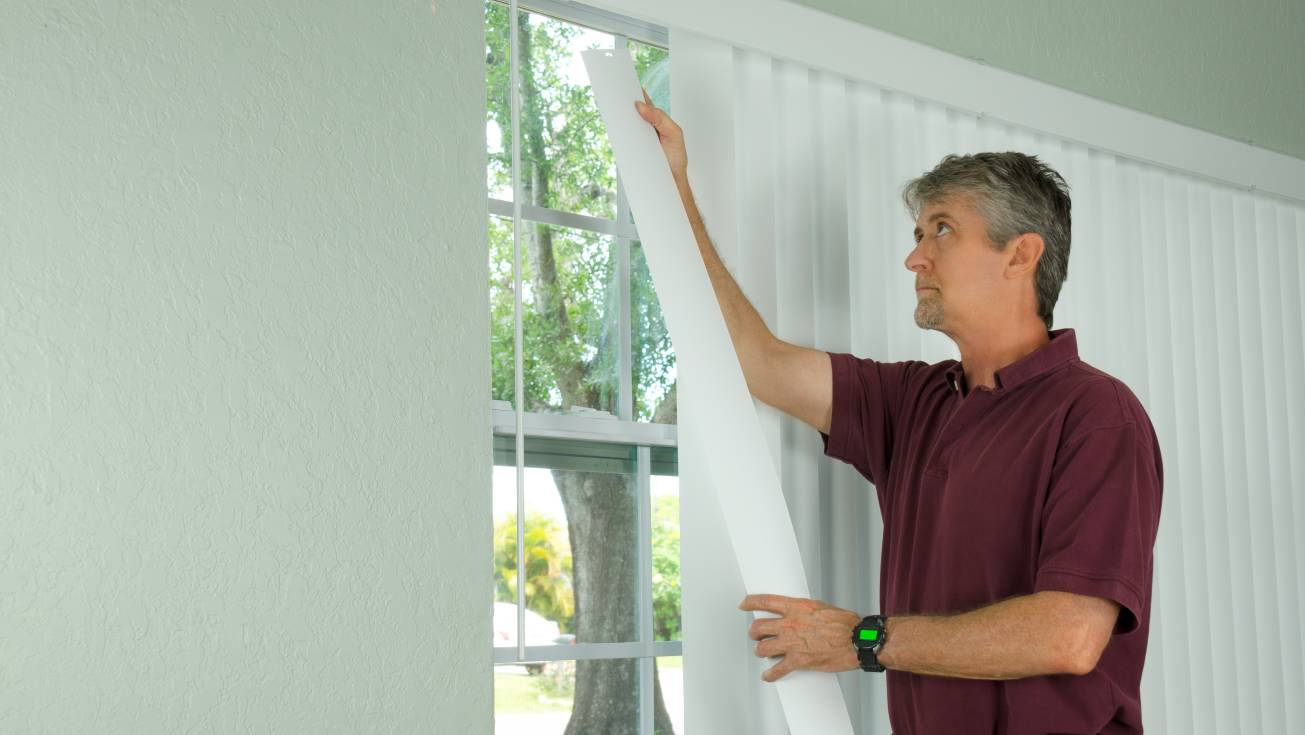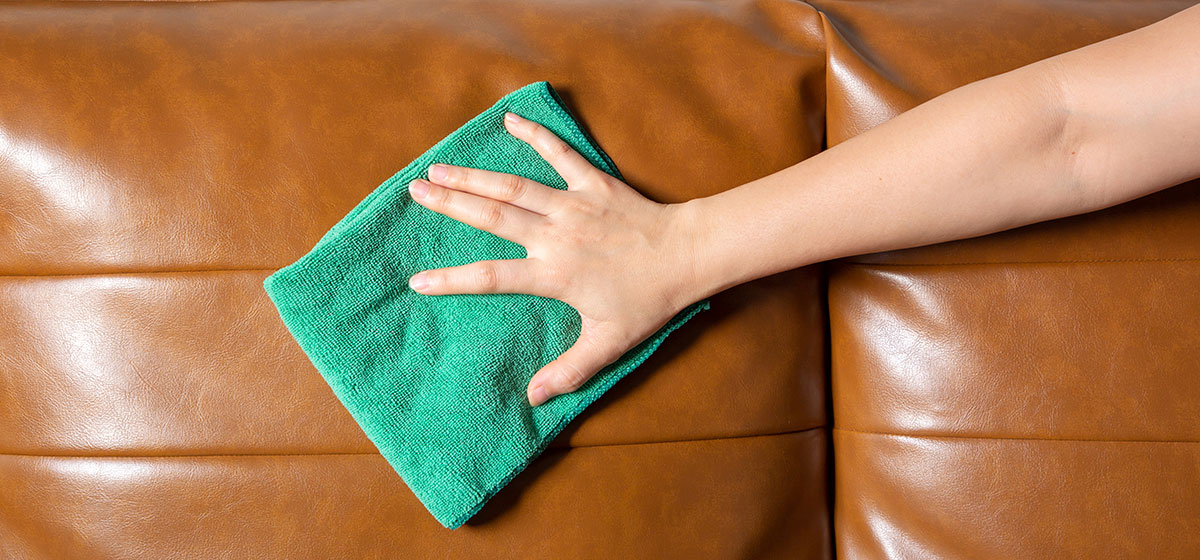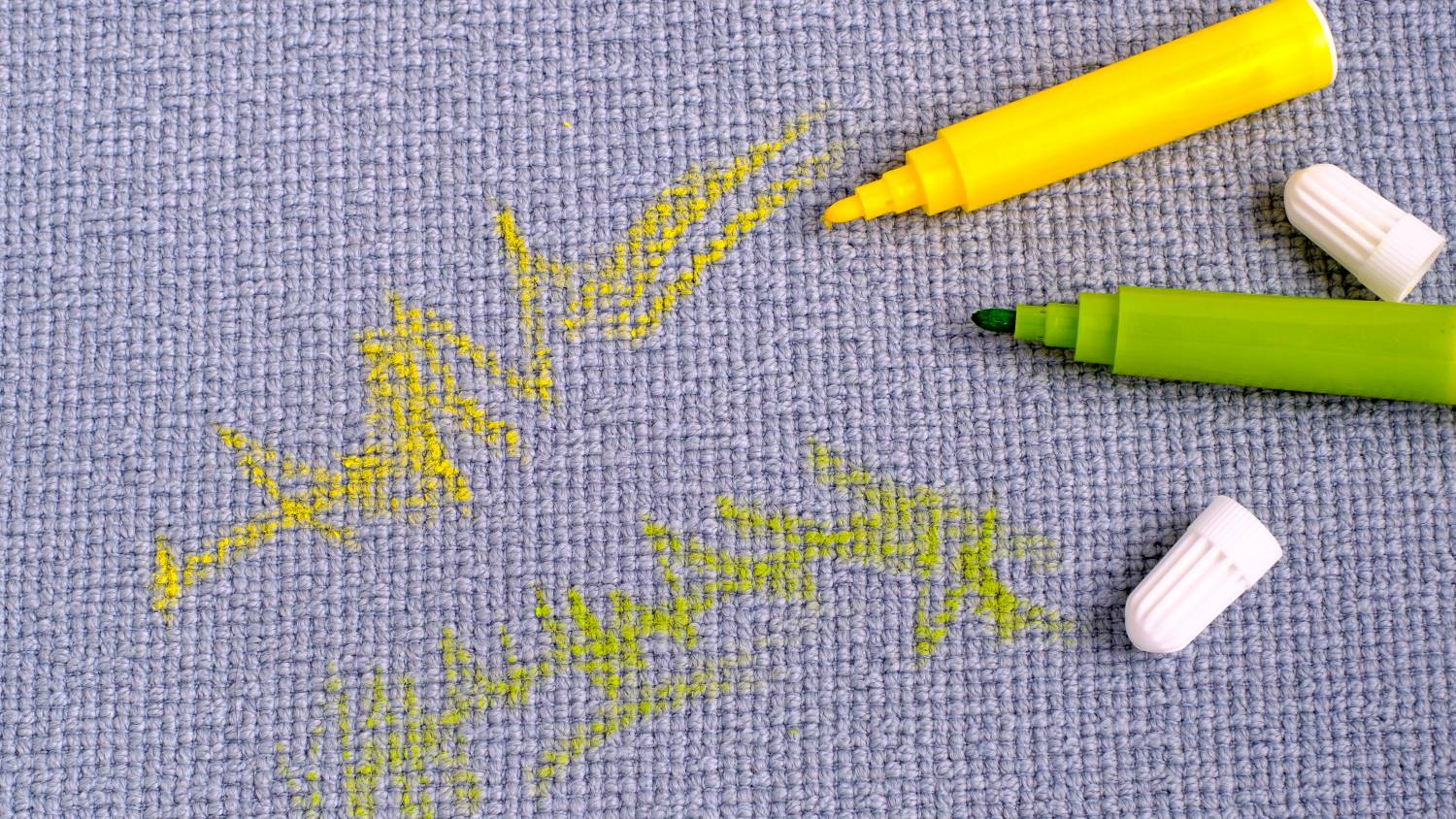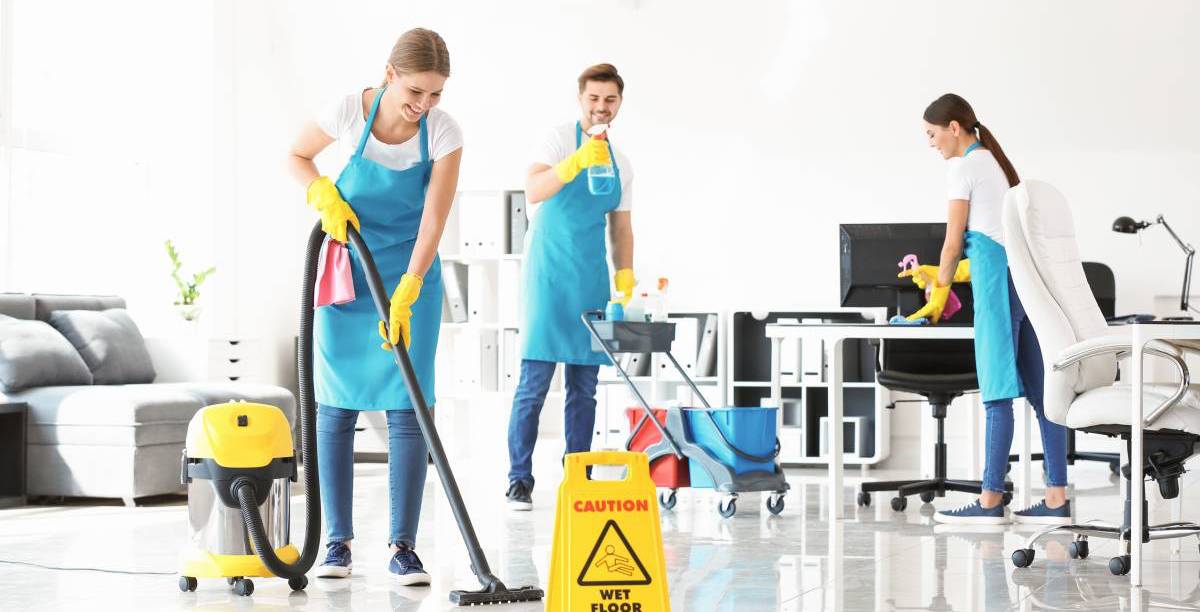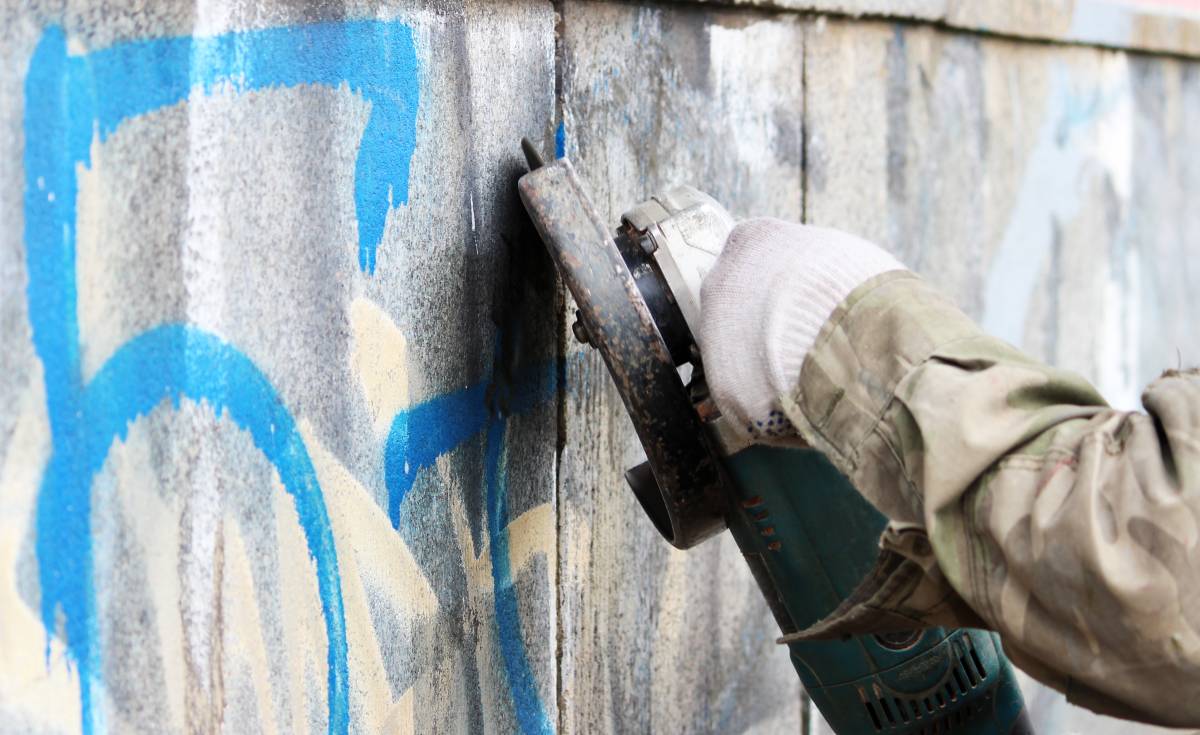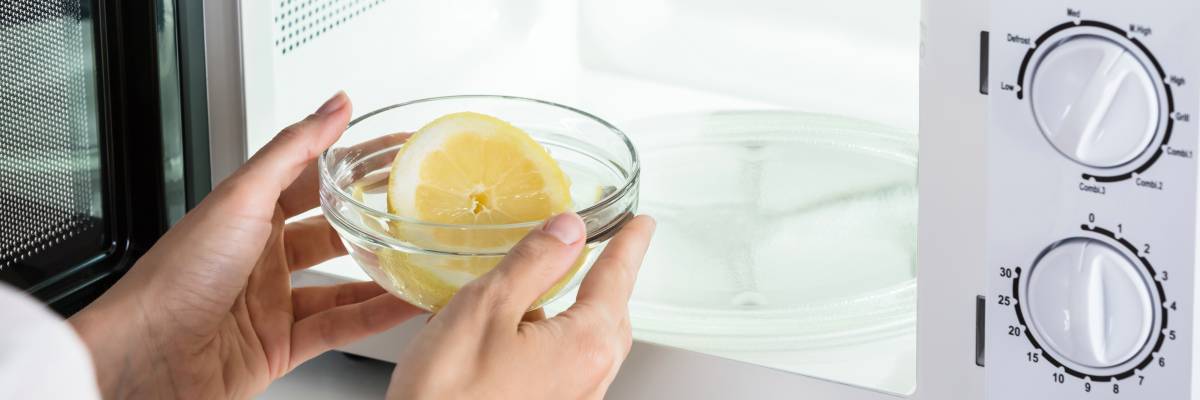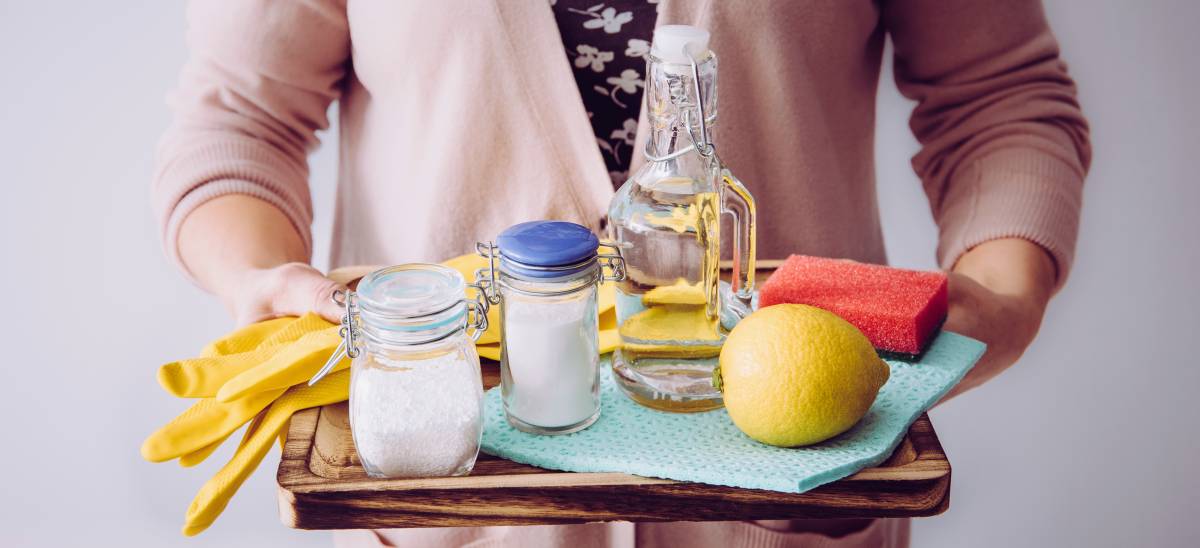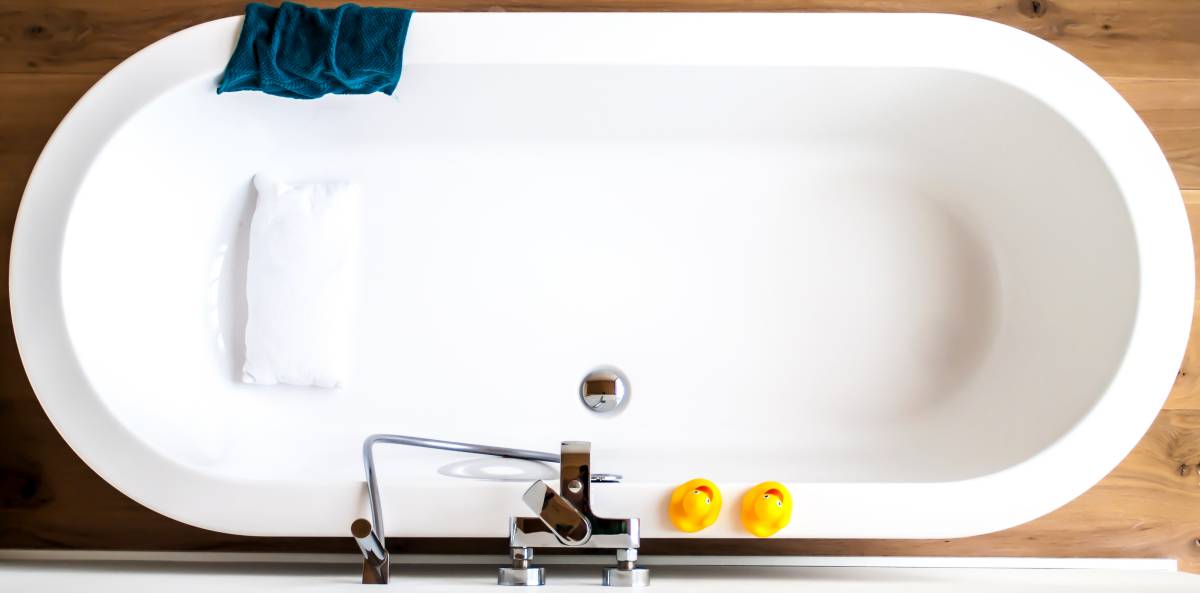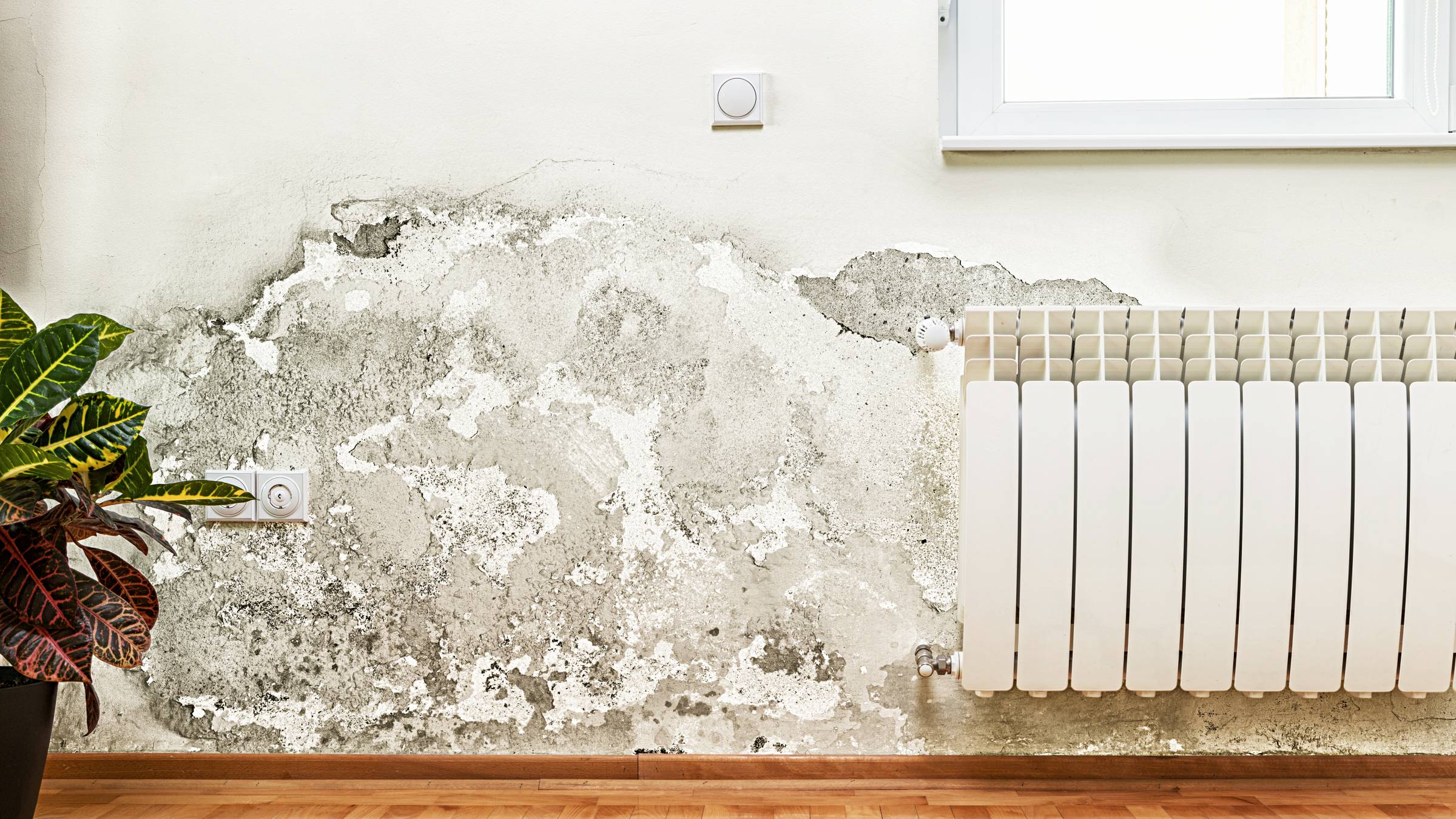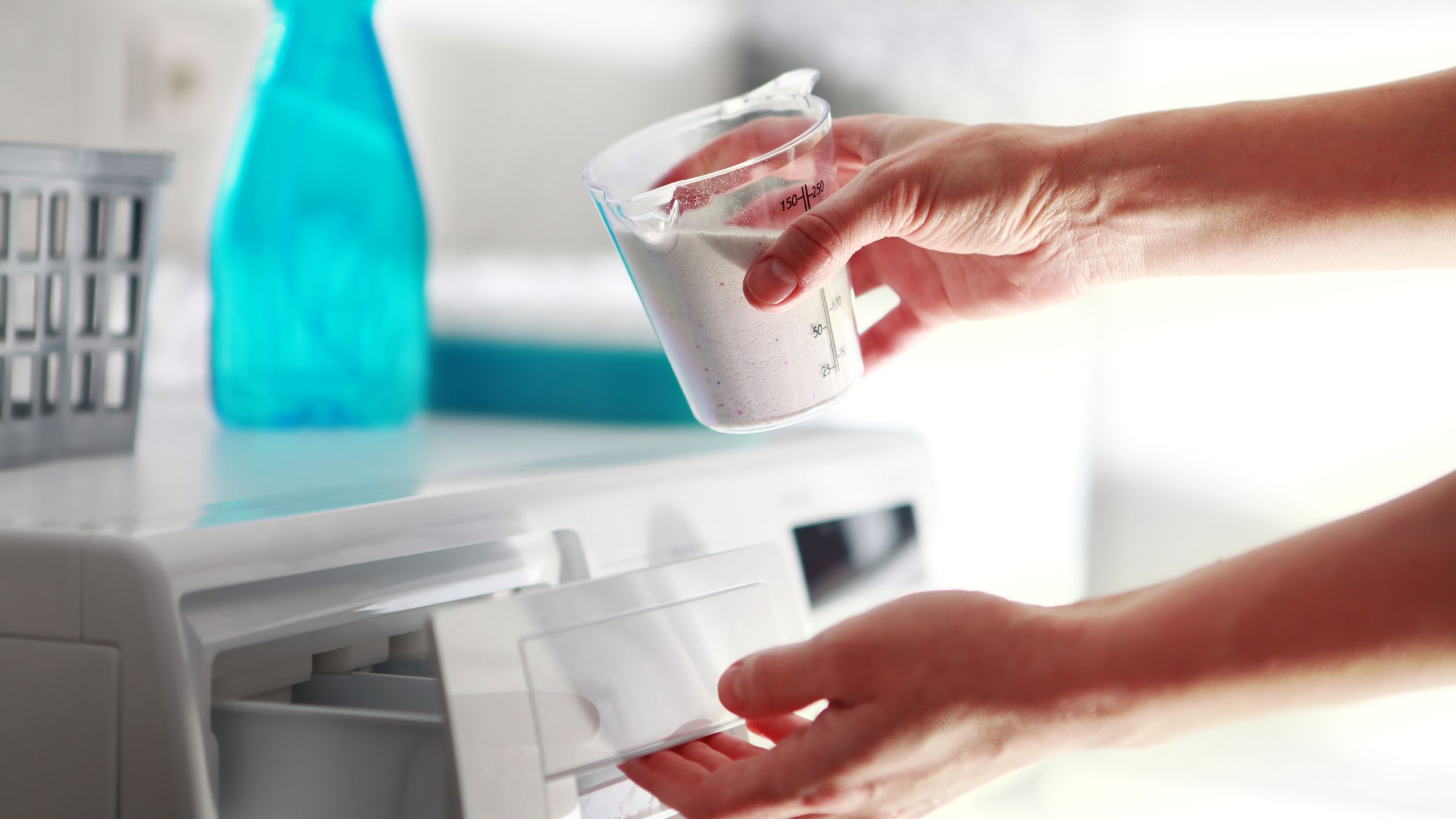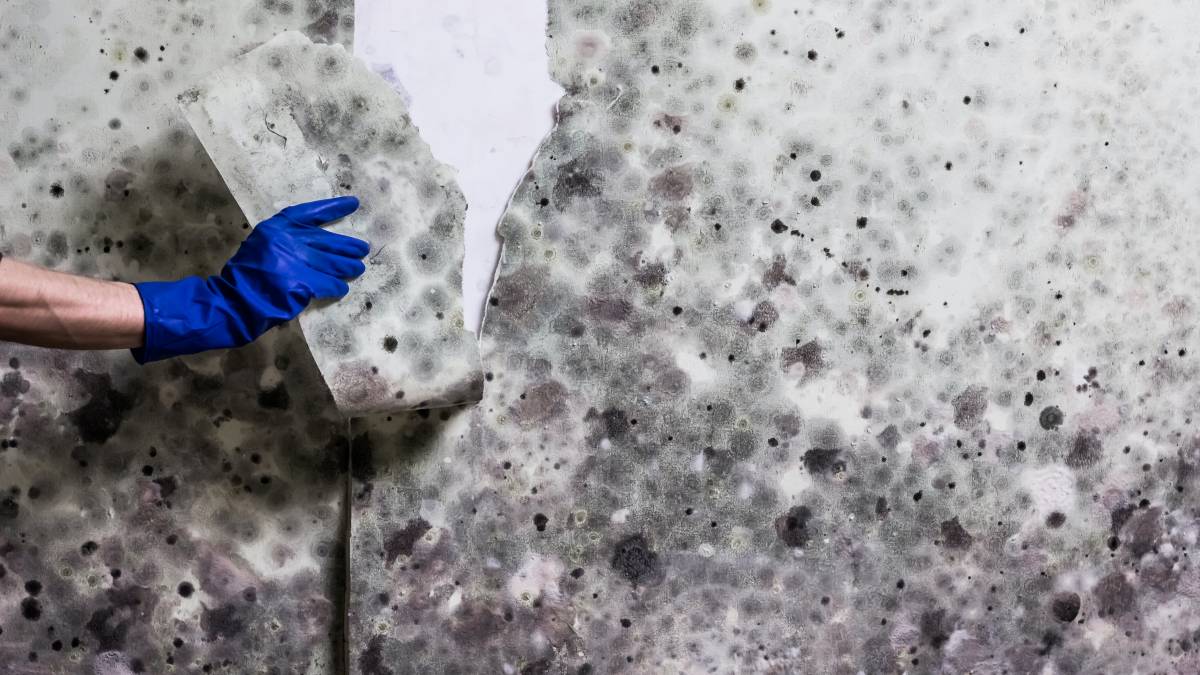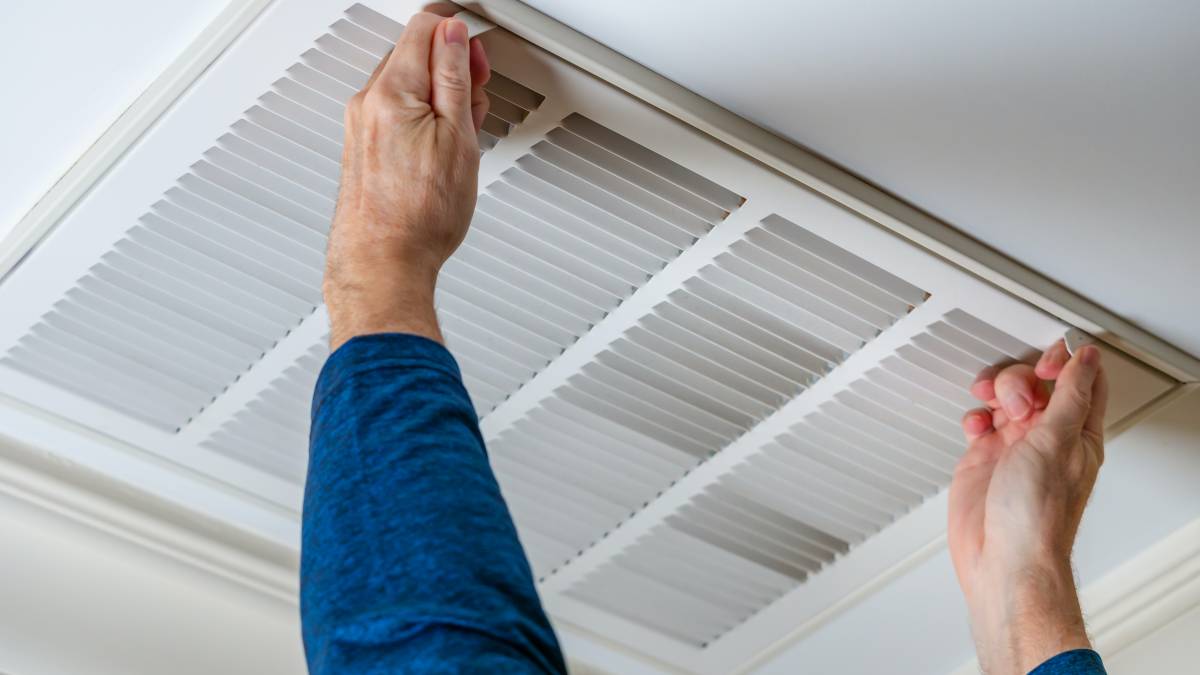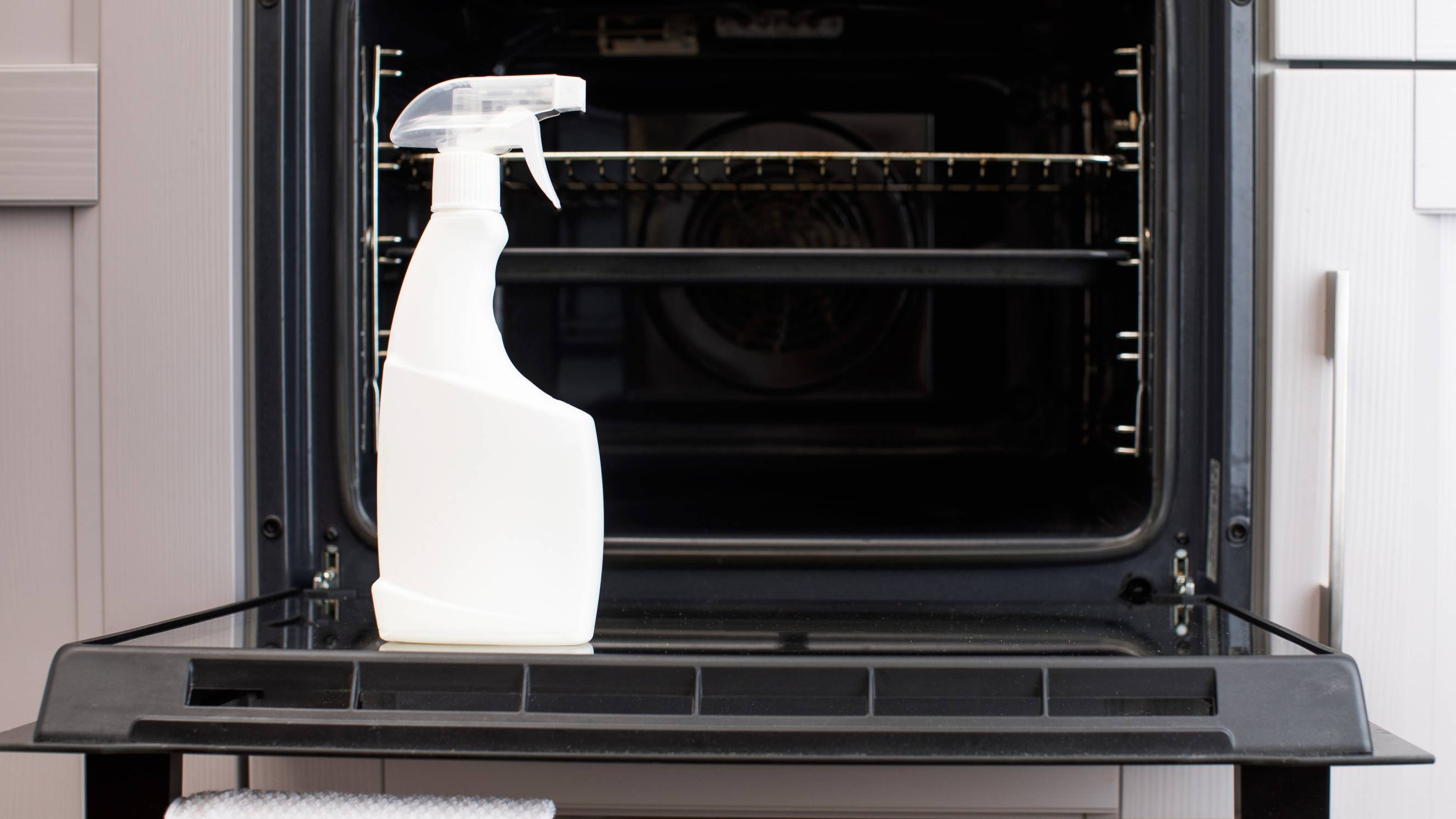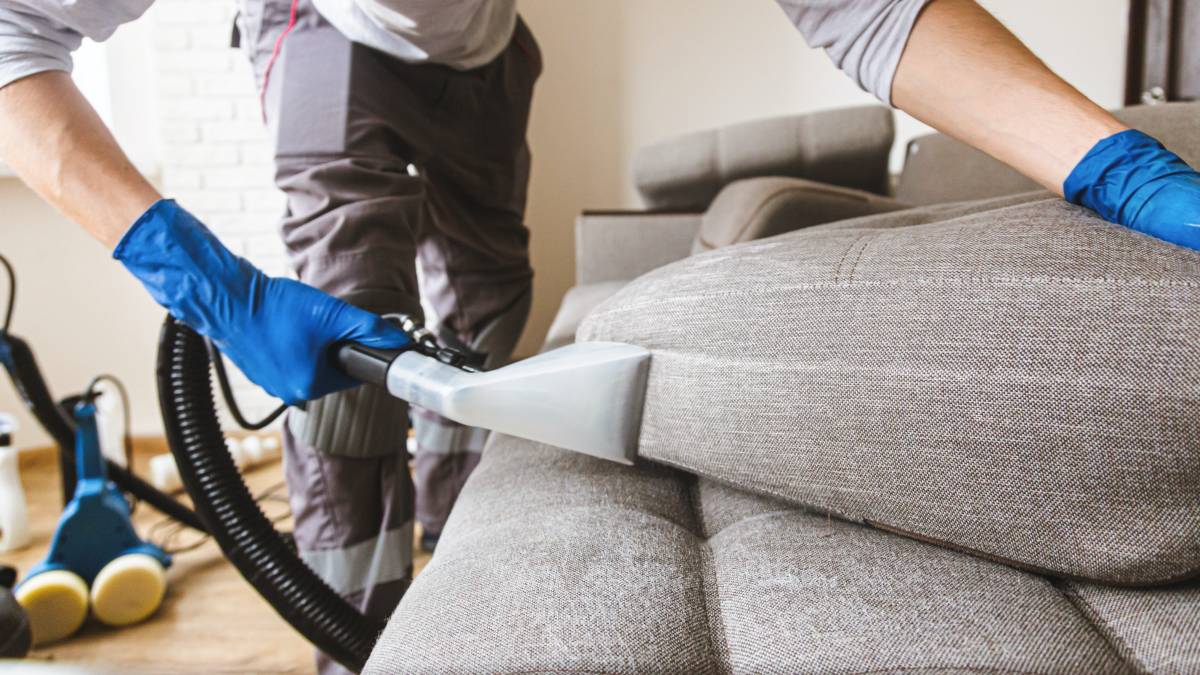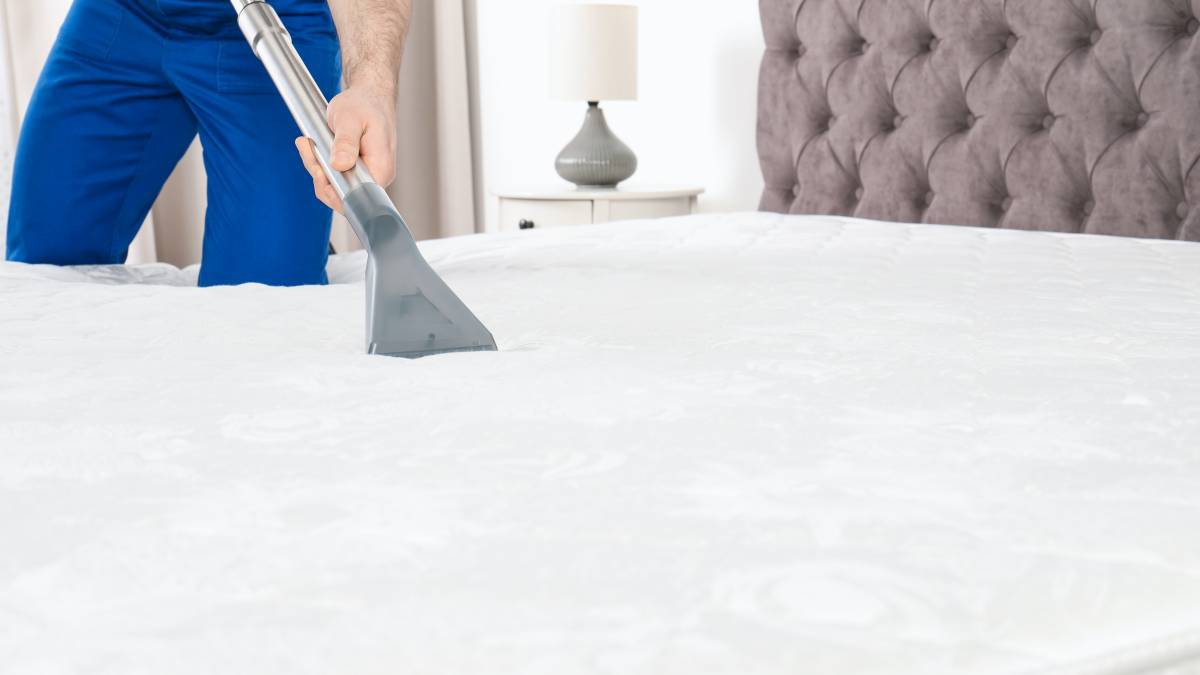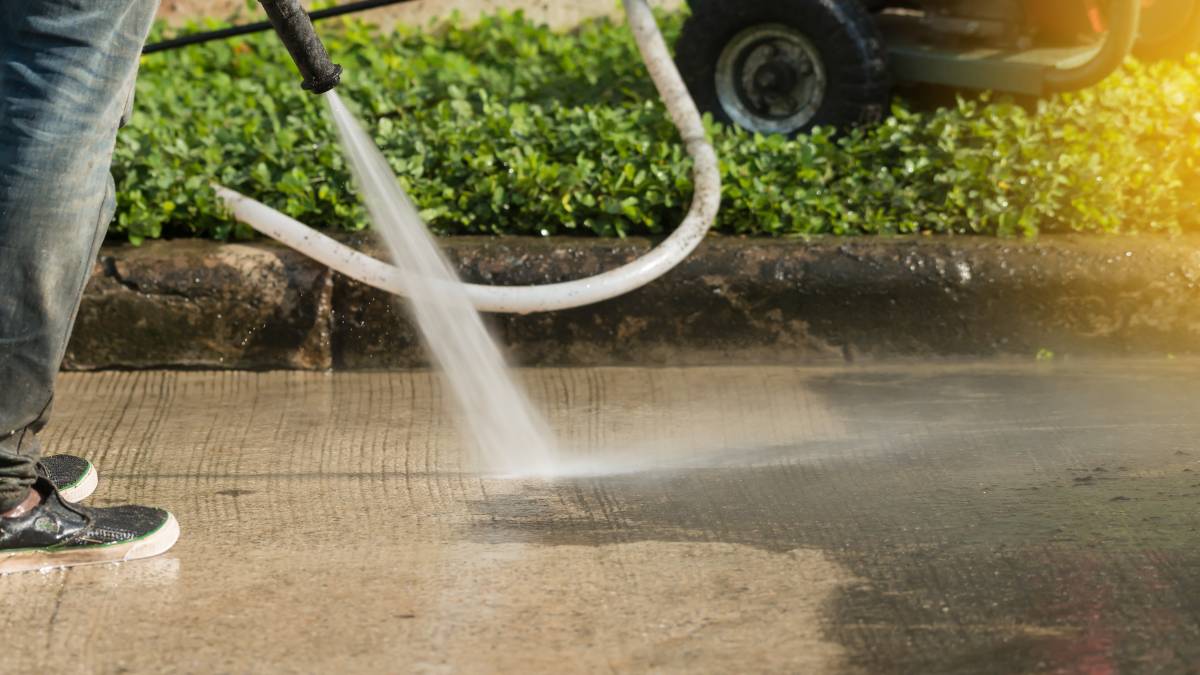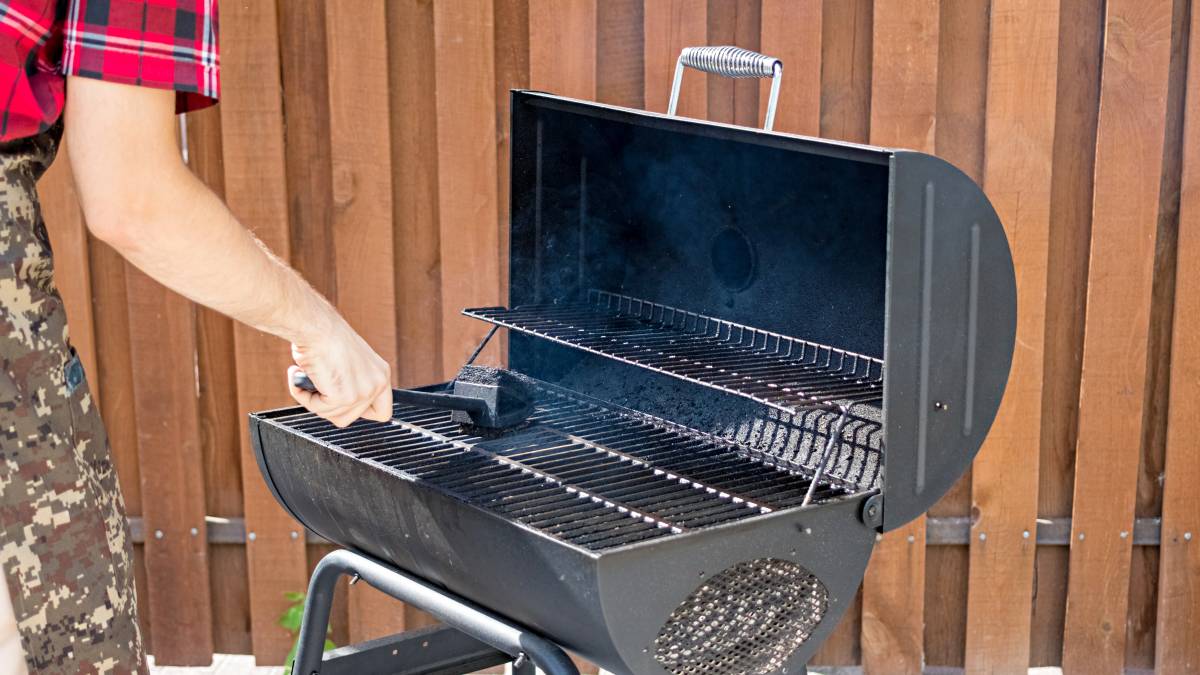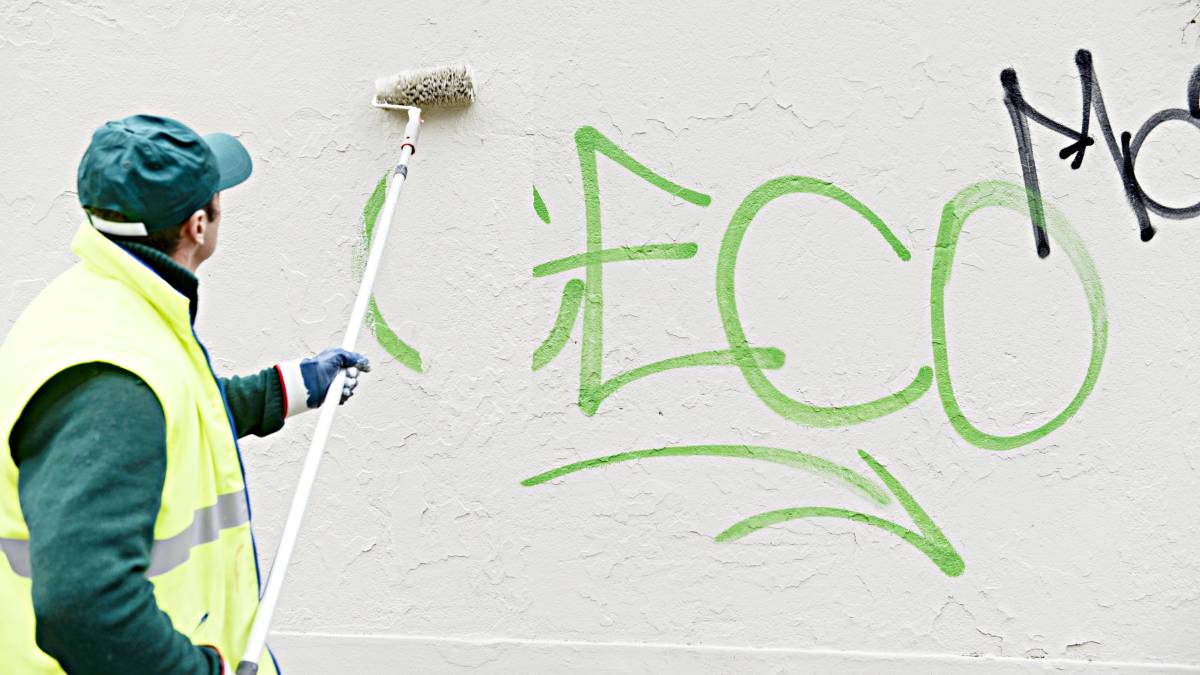- Home/
- Comparisons/
- Cleaning/
- Baking Soda vs. Baking Powder
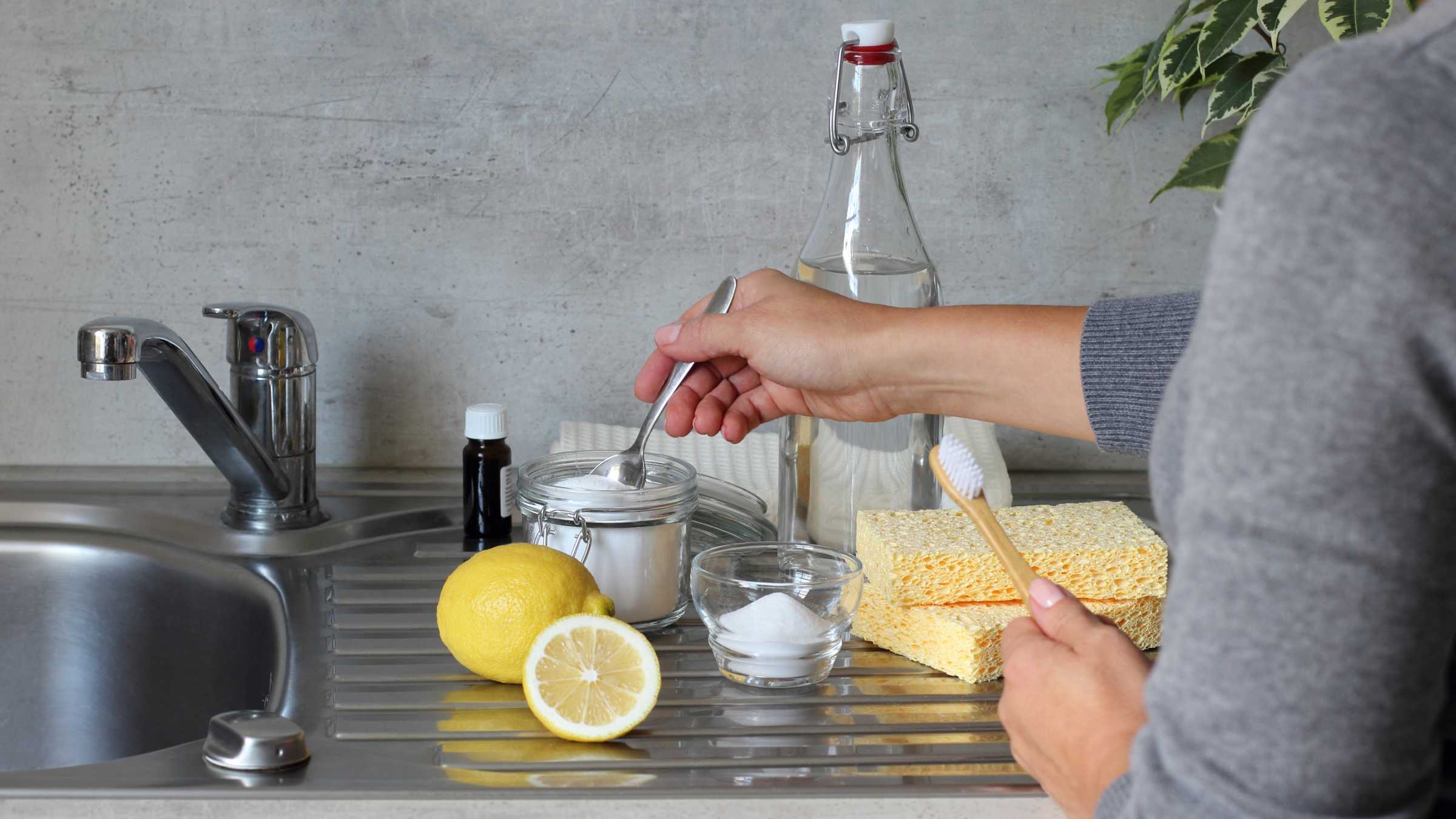
Baking soda vs. baking powder: Which cleans better?
Comparing baking soda and baking powder based on their pH level, reactivity, safety, and more.
Hire a cleaning expertLast Updated on
Key Facts
- Baking soda is a natural cleaning agent known for its ability to cut through grease and grime with its alkaline properties.
- Baking powder is primarily used in cooking to raise dough and lacks the same cleaning power as baking soda due to its added acidic components.
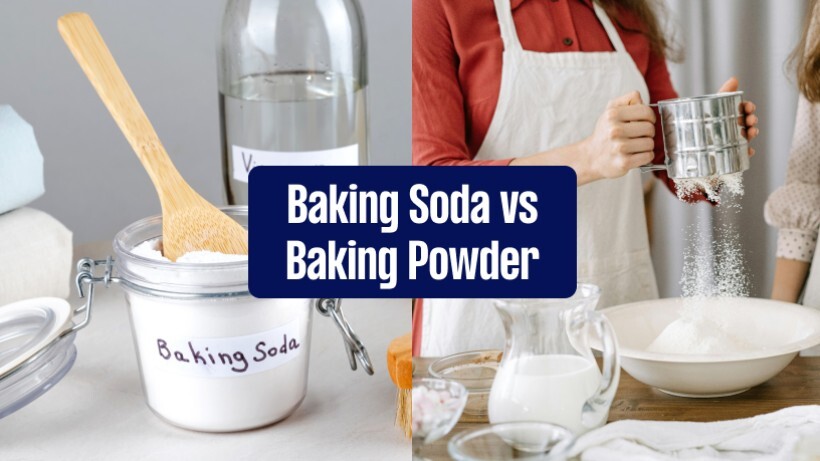 When it comes to household maintenance, the age-old debate of baking soda vs. baking powder for cleaning remains a timeless dilemma. These kitchen essentials are not just known for baking but also serve as cleaning agents for most people.
When it comes to household maintenance, the age-old debate of baking soda vs. baking powder for cleaning remains a timeless dilemma. These kitchen essentials are not just known for baking but also serve as cleaning agents for most people.
But is baking soda the same as baking powder? Despite their similar names and appearances, the answer is actually no. This common misconception often causes confusion, especially when it comes to their use for cleaning purposes.
This guide is designed to clarify the differences and compare baking powder vs. baking soda for cleaning. Whether tackling tough kitchen stains or striving for a spotless bathroom, selecting the right cleaning agent can greatly influence your cleaning outcomes.
What is baking soda?
Baking soda, scientifically known as sodium bicarbonate, is a versatile compound renowned for its leavening abilities in baking and its potency as a cleaning agent. Its natural alkaline properties make it excellent for neutralizing acids and breaking down proteins, which is why it’s so effective in removing stubborn stains and odors.
Baking soda requires an acidic component to activate its leavening effects for baking purposes. However, it stands alone as a powerful cleaning tool without the need for additional acidic agents.
What is baking powder?
Baking powder is a complete leavening agent that combines baking soda with one or more acid salts, such as cream of tartar, and often a moisture absorber like cornstarch. It contains both the alkali and acid necessary for leavening, allowing it to produce carbon dioxide gas when moistened and then heated and causing dough or batter to rise on its own.
In cleaning, though, baking powder’s built-in acidic properties limit its effectiveness. But even if it’s not as potent in heavy-duty cleaning tasks, you can still use it for light cleaning applications. Especially in instances where minor abrasiveness and slight acidity are beneficial.
Baking powder vs. baking soda for cleaning: Which is better?
Both baking powder and baking soda have their own unique strengths when it comes to cleaning. Baking soda’s alkaline nature makes it a powerful degreaser and deodorizer, while baking powder’s built-in acids make it useful for light scrubbing and freshening tasks.
Ultimately, the difference between baking soda and baking powder for cleaning depends on the specific task at hand and a lot of other factors. Here’s a rundown of how each performs when house cleaning and more.
In terms of pH level
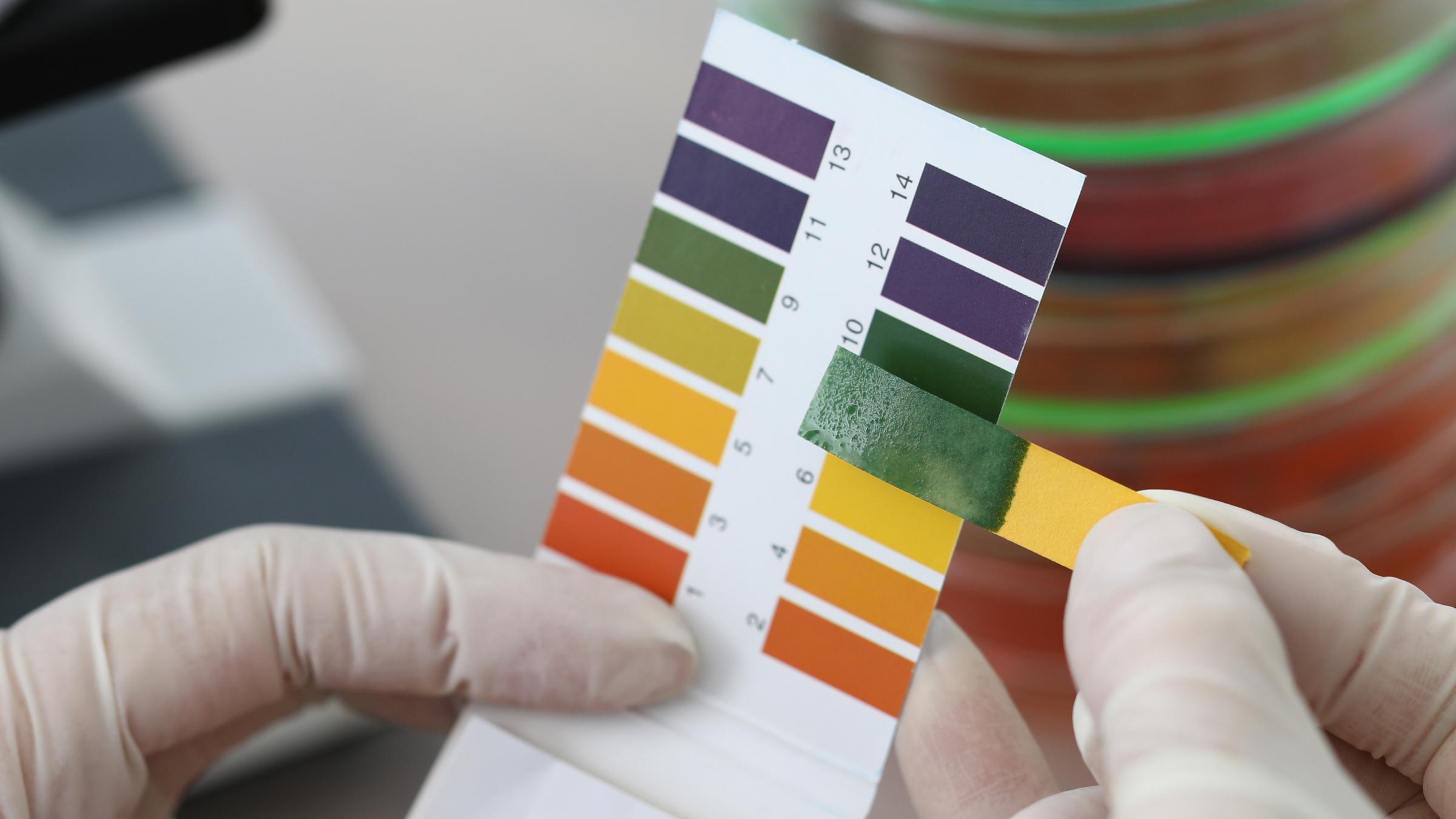 It’s common knowledge to use baking soda or bicarbonate of soda for cleaning. With its high pH level of around 9, it exhibits strong alkaline properties. This makes the alkaline baking soda effective in breaking down organic compounds and grease. It also makes it easier to clean tough stains and odors.
It’s common knowledge to use baking soda or bicarbonate of soda for cleaning. With its high pH level of around 9, it exhibits strong alkaline properties. This makes the alkaline baking soda effective in breaking down organic compounds and grease. It also makes it easier to clean tough stains and odors.
On the other hand, baking powder has a lower pH than baking soda due to its acidic components. Its pH level can vary depending on the specific acids used in its formulation, but generally, it hovers slightly above neutral.
This reduced alkalinity makes baking powder less aggressive than baking soda. This is why it’s usable in gentler cleaning tasks where a balanced pH is beneficial to avoid damage to sensitive surfaces.
In terms of reactivity
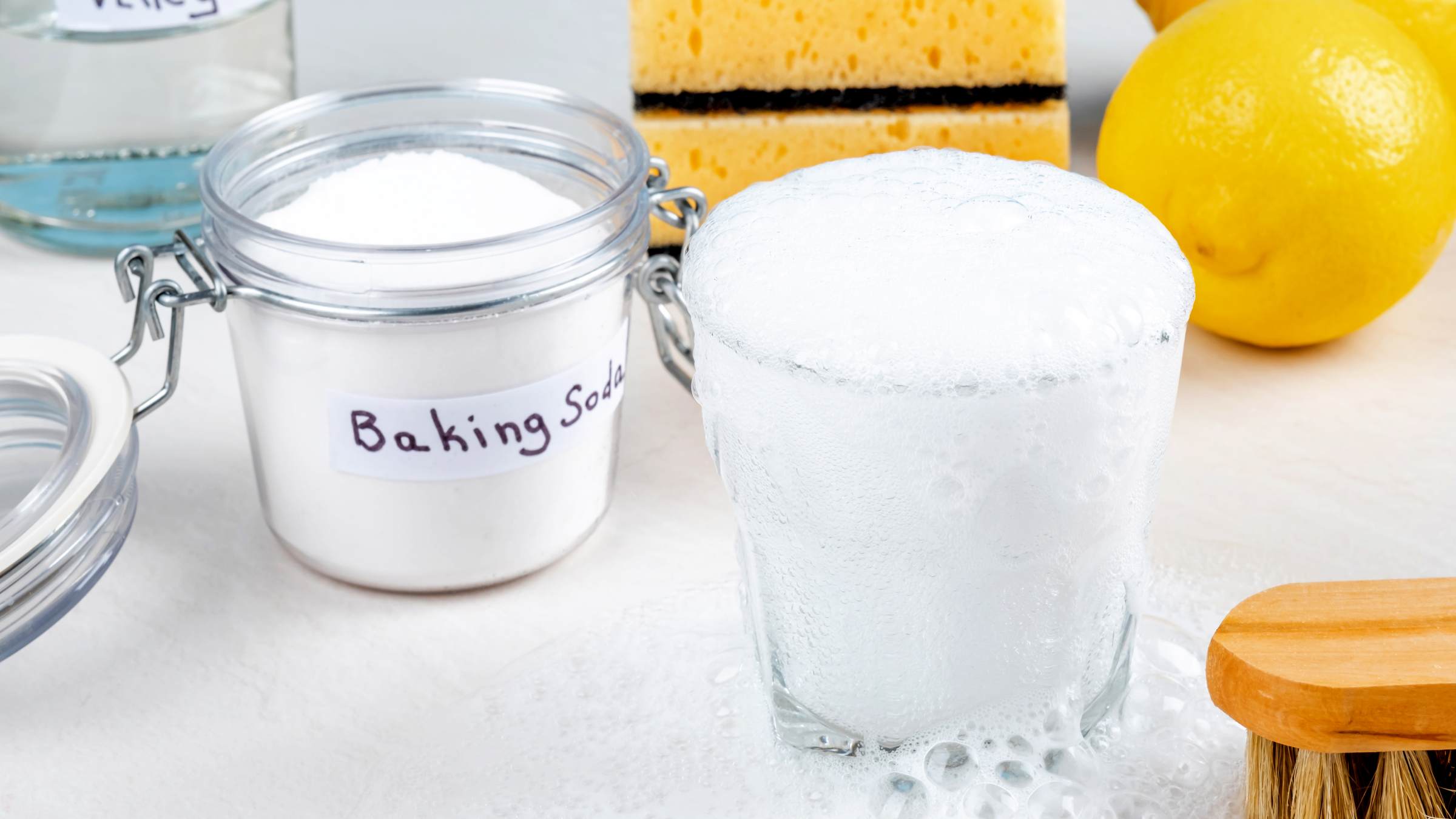 Baking powder is a mixture of baking soda and an acid, which is usually cream of tartar. This acid ingredient reacts with the baking soda to produce carbon dioxide bubbles when activated by moisture and heat. This, in turn, creates air pockets in baked goods and makes them “rise.”
Baking powder is a mixture of baking soda and an acid, which is usually cream of tartar. This acid ingredient reacts with the baking soda to produce carbon dioxide bubbles when activated by moisture and heat. This, in turn, creates air pockets in baked goods and makes them “rise.”
But can you use baking powder to clean? Well, yes, the same reaction can be utilized for cleaning purposes as well. The bubbling action helps loosen tough stains or grime on surfaces and acts as a mild abrasive when mixed with some water.
However, baking soda by itself is highly reactive. It serves as an all-purpose cleaning agent without the need for any acid component and often be used in many ways when cleaning a house.
In terms of odor control
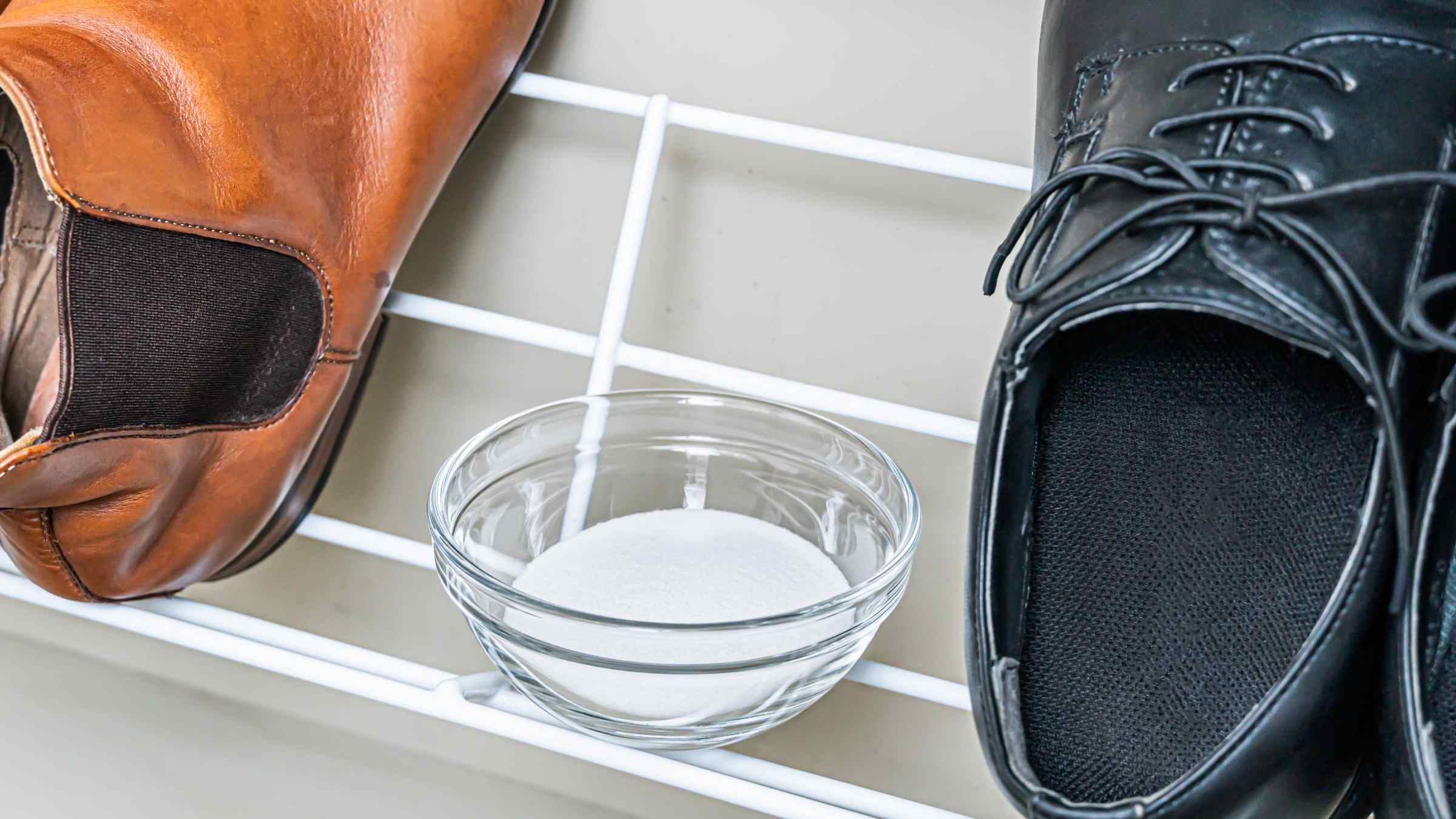 Another distinction between baking soda and baking powder is their ability to control odors. Baking soda has long been used as a natural deodorizer because it can absorb and neutralize unpleasant smells.
Another distinction between baking soda and baking powder is their ability to control odors. Baking soda has long been used as a natural deodorizer because it can absorb and neutralize unpleasant smells.
Meanwhile, baking powder does not have this capability as it lacks a strong alkaline component. Its main function is to make baked goods rise, and it does not have any significant impact on odors.
In terms of safety

Another critical difference between baking soda and baking powder is their safety. Baking soda is a straightforward and harmless ingredient that has been used in cooking and cleaning for decades. This is not to say that you can’t add too much baking soda. If taken in large quantities, it can cause stomach upset and electrolyte imbalances. However, when used in appropriate amounts for deodorizing purposes, baking soda is entirely safe to use.
On the other hand, some types of baking powder may contain aluminum compounds, which can be harmful when ingested in large quantities. It’s essential to check the label and ensure the baking powder you’re using is aluminum-free.
In terms of cleaning application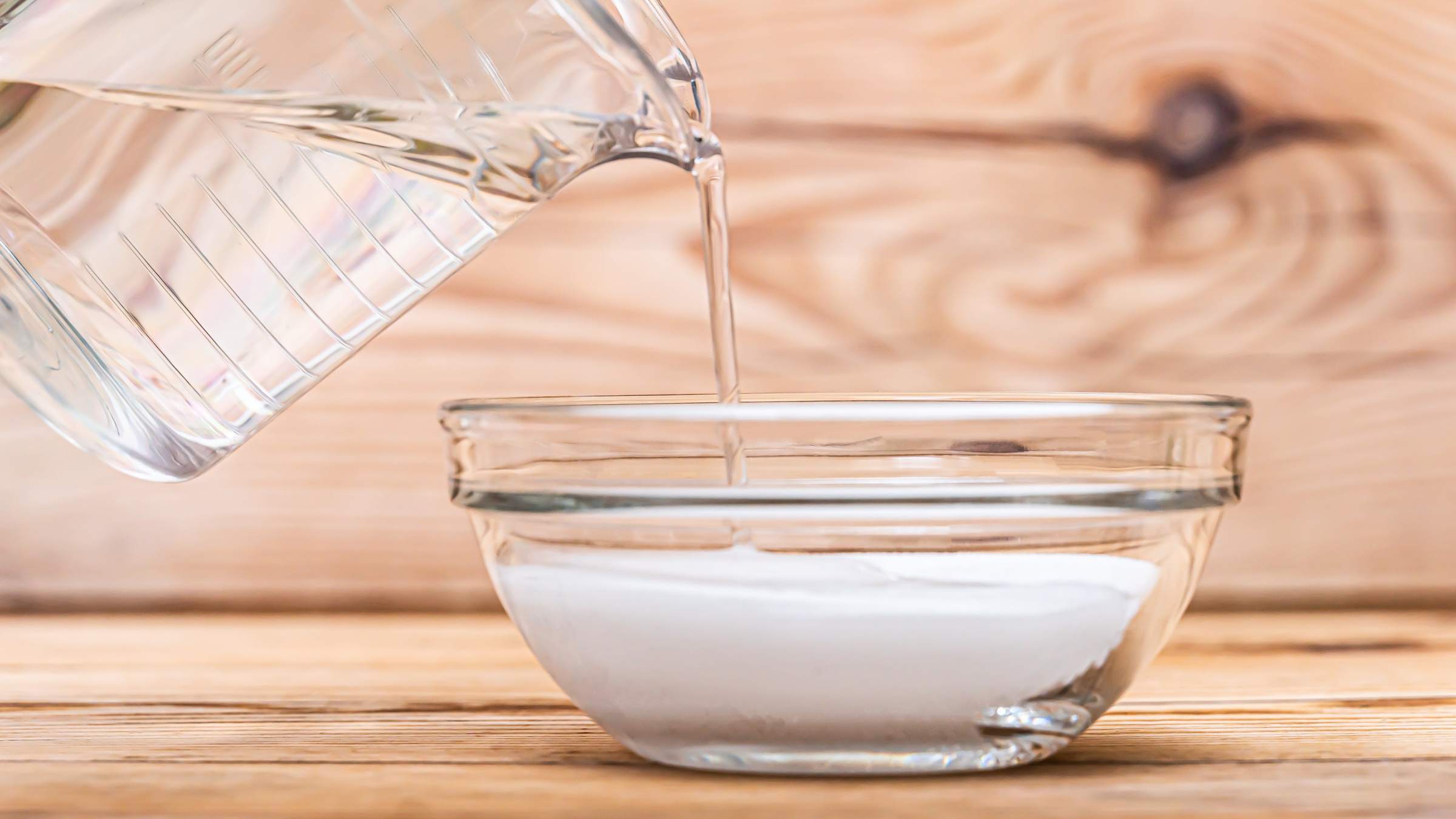
While both baking soda and baking powder have cleaning capabilities, they vary in their application methods. Here are the differences between cleaning with baking powder vs. baking soda.
Baking soda can be used on its own as a scrub or mixed with water to create a paste that is suitable for multiple surfaces and stains. Although even if it has many uses in cleaning, there are some things it should not be used to clean. These include aluminum cookware and silver items, as well as marble or granite, as baking soda may scratch or etch the surface.
It’s different when you use baking powder as a cleaning agent since it needs to be combined with other substances, such as water, through a damp sponge first.
But does baking powder remove stains? The short answer is yes, but it requires mixing baking powder with water. It’s also not recommended for use on delicate surfaces as it can be abrasive.
For instance, if you’re cleaning light fixtures, it would be a better option to sprinkle baking soda as it won’t scratch the delicate surface. But for tougher stains on kitchen countertops, a mixture of baking powder and vinegar may be more effective.
In terms of availability and cost
 Another factor to consider when deciding between baking soda and baking powder is their availability and cost.
Another factor to consider when deciding between baking soda and baking powder is their availability and cost.
Baking soda is widely available in most grocery stores and can be purchased at a low cost. On average, a 16 oz box costs $0.65 to $3 each. Meanwhile, a 12-lb bag will sell for $10 to $20. It’s also a versatile ingredient that can be used for various purposes, which makes it a cost-effective option.
In comparison, baking powder may be more challenging to find in certain areas and typically costs more than baking soda. 16-oz packs can cost anywhere from $2 to $7, and 5-lb bags can sell for $7 to $15.
Achieve a thoroughly cleaned and sanitized home with Airtasker
Baking soda and baking powder both have their merits for household cleaning, but baking soda stands out as the more versatile, accessible, and cost-effective choice.
Whether you aim to tackle cleaning tasks independently or require professional assistance, Airtasker can connect you with expert cleaners who can help you out. Post a task today to engage with cleaning pros who can bring a sparkle to your home.
Baking soda vs. baking powder
| Baking Soda |
Baking Powder | |
| pH level |
High (around 9), exhibits strong alkaline properties |
Lower due to acidic components, slightly above neutral |
| Reactivity |
Highly reactive, can be used alone as a cleaning agent |
Requires moisture and heat to activate for mild abrasive cleaning |
| Odor control |
Effective in absorbing and neutralizing odors |
Lacks a strong alkaline component, not significant for odor control |
| Safety |
Safe to use in appropriate amounts for cleaning and deodorizing |
Check for aluminum-free options for safety |
| Cleaning Application |
Versatile, effective for tough stains and grease, can be used as a scrub or paste |
Suitable for light scrubbing and freshening tasks, not as effective for heavy-duty cleaning |
| Availability and Cost |
Widely available and cost-effective |
May cost more and be harder to find in huge quantities |
FAQs on baking soda and baking powder
Yes, you can use baking powder with vinegar for cleaning purposes. When combined, baking powder and vinegar create a chemical reaction that releases carbon dioxide gas, which can help dislodge dirt and grime.
In cleaning, baking powder can sometimes be used to substitute baking soda, especially in situations requiring mild abrasive action. However, because baking powder contains additional ingredients besides sodium bicarbonate (found in baking soda), it may not always provide the same effectiveness in certain cleaning tasks.
Apart from vinegar, baking soda can also be mixed with other ingredients for cleaning purposes. Some common mixtures include creating a paste with water to clean and polish silver items, mixing it with hydrogen peroxide to remove tough stains from clothing, or combining it with dish soap for an all-purpose cleaner. You can also add essential oils for added scent and antibacterial properties.
Yes. If you're running out of dishwasher powder or pods, you can use baking soda instead. Baking soda is an effective and affordable alternative that can be used to clean dishes in the dishwasher. Its alkaline properties help cut through grease and grime, leaving your dishes clean and fresh.
Find cleaning services, fast
Post a task
Related articles
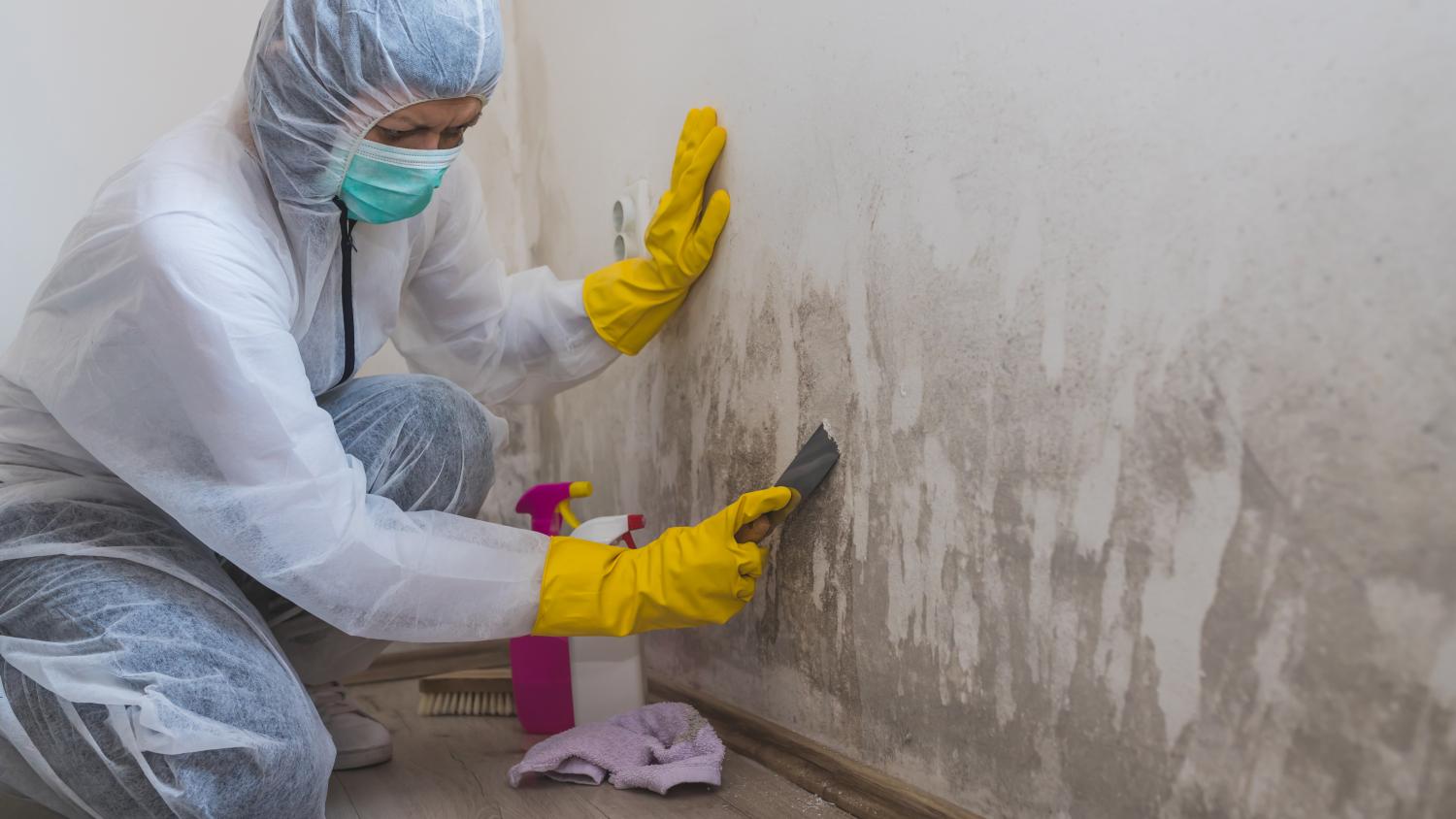
How to get rid of mold at home
Read more

How to price pressure washing jobs
Read more
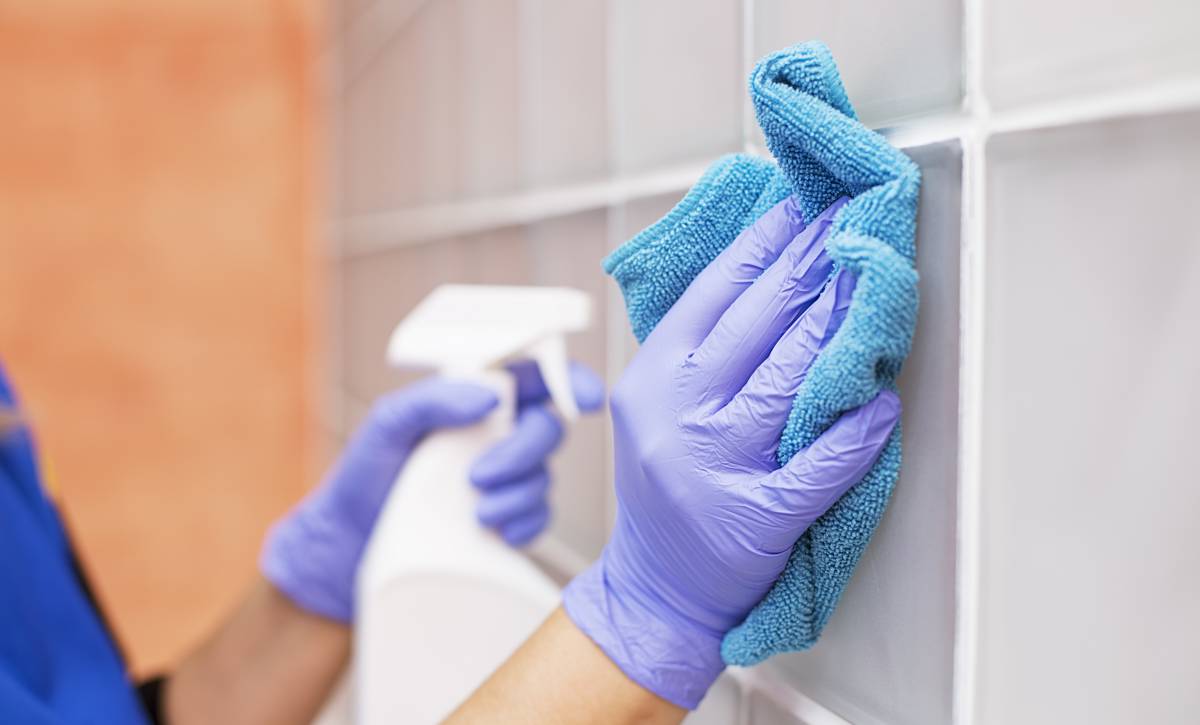
How to get cleaning jobs
Read more

How to get cleaning certification
Read more
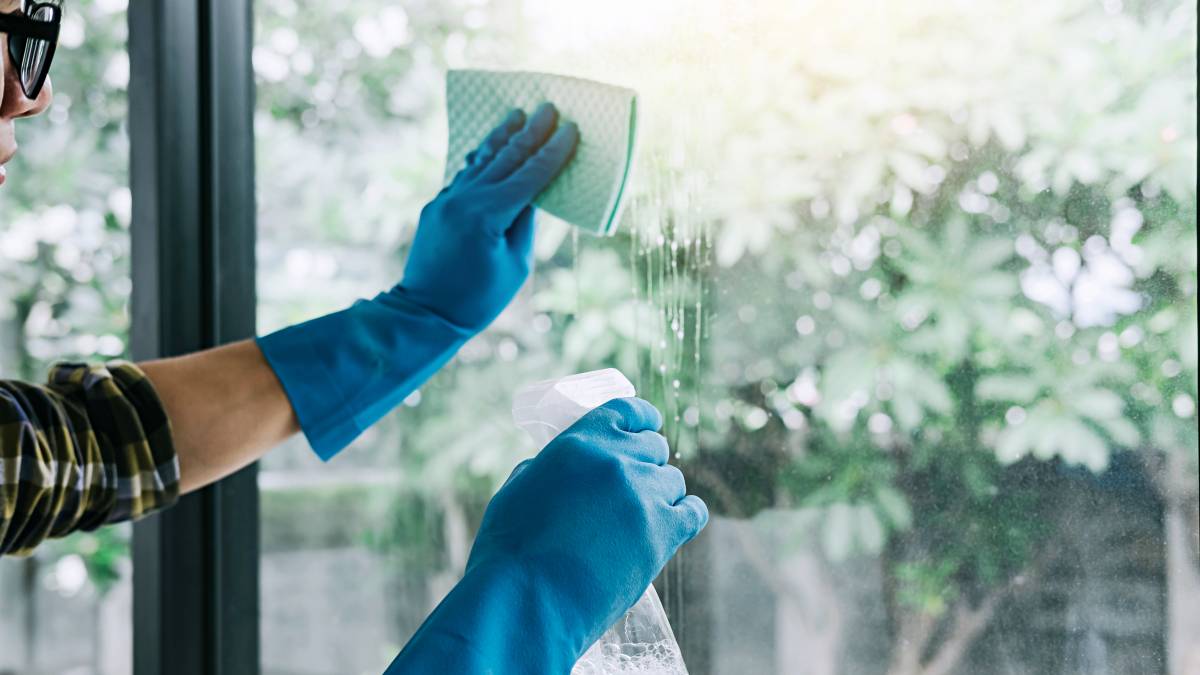
How to price cleaning jobs
Read more
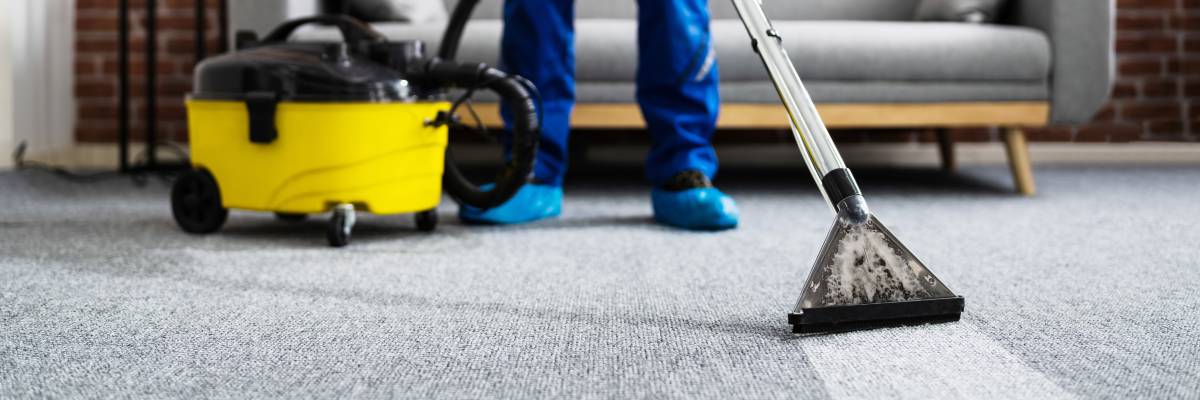
How to become a housekeeper
Read more
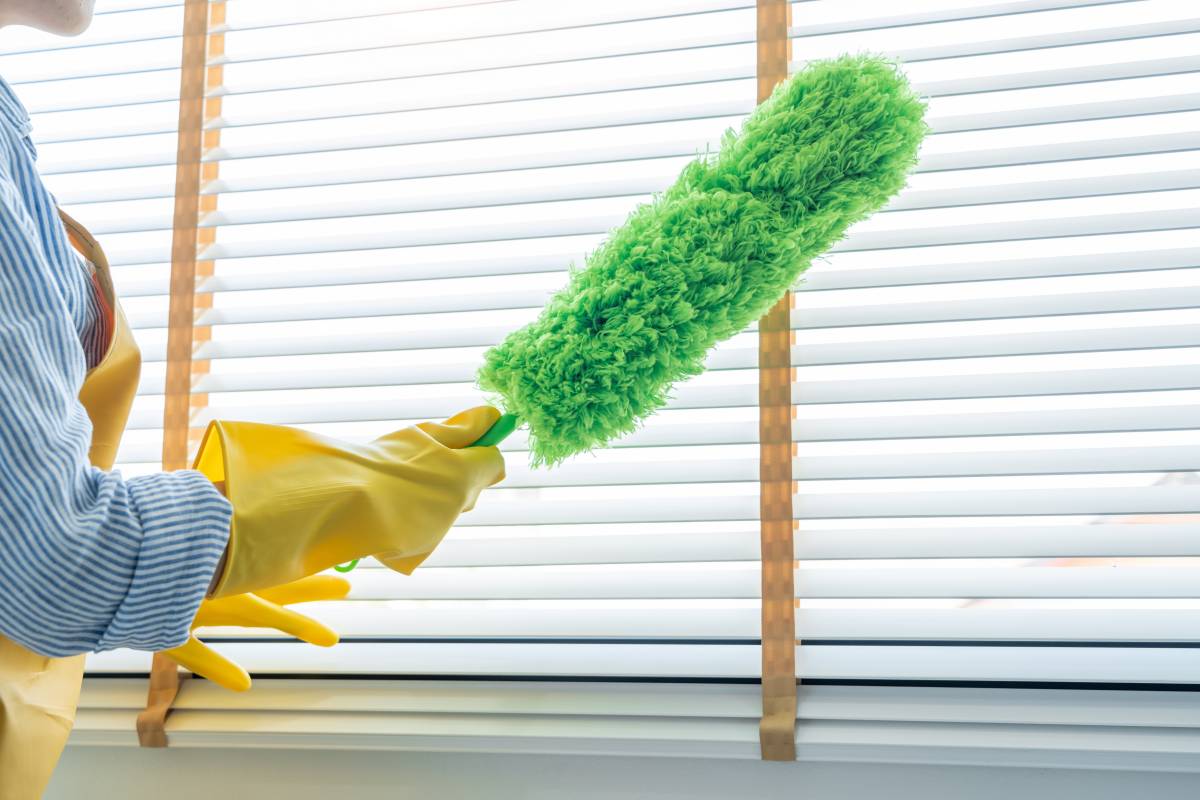
How to clean a duster
Read more
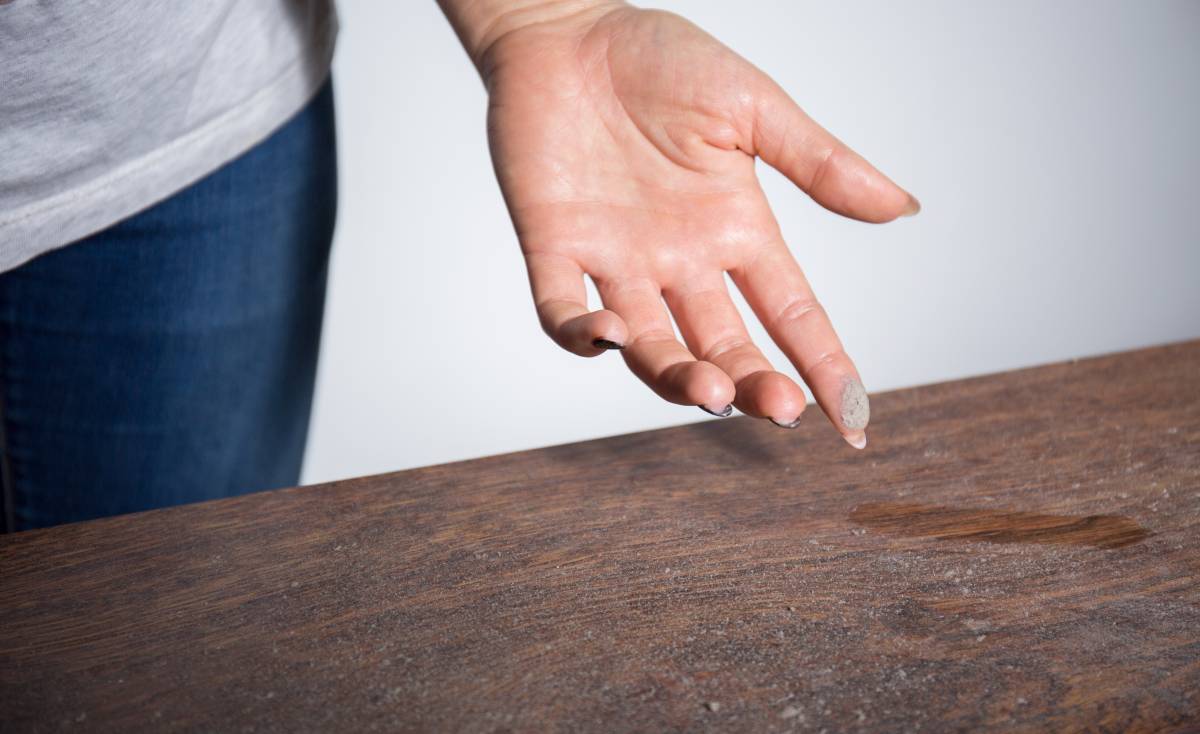
How to get rid of dust in your home
Read more
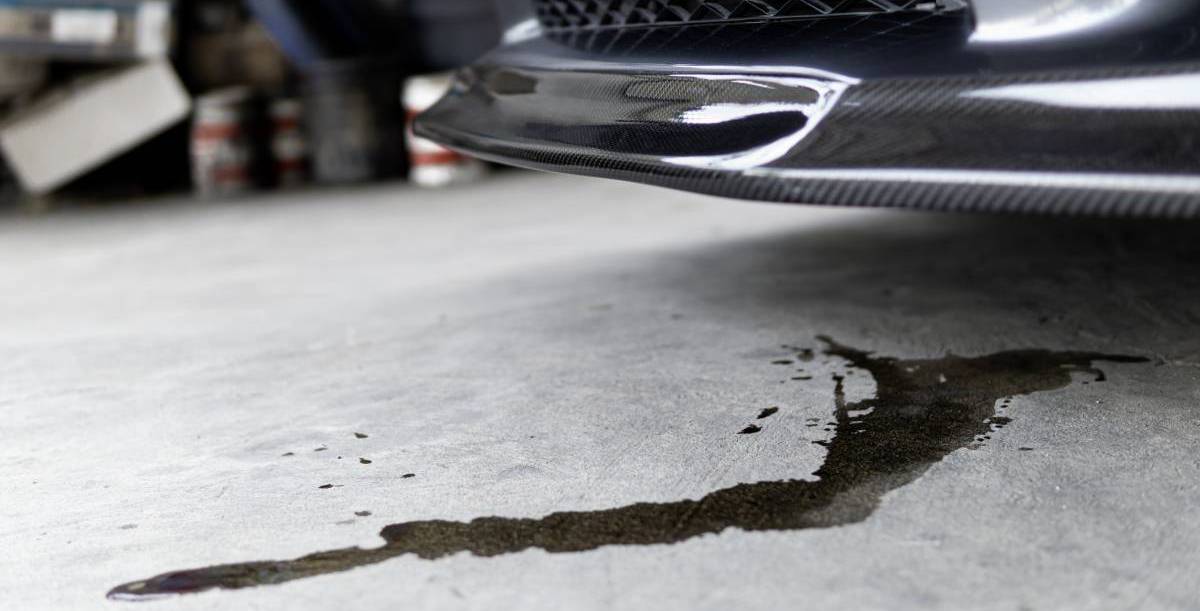
How to clean a garage floor
Read more
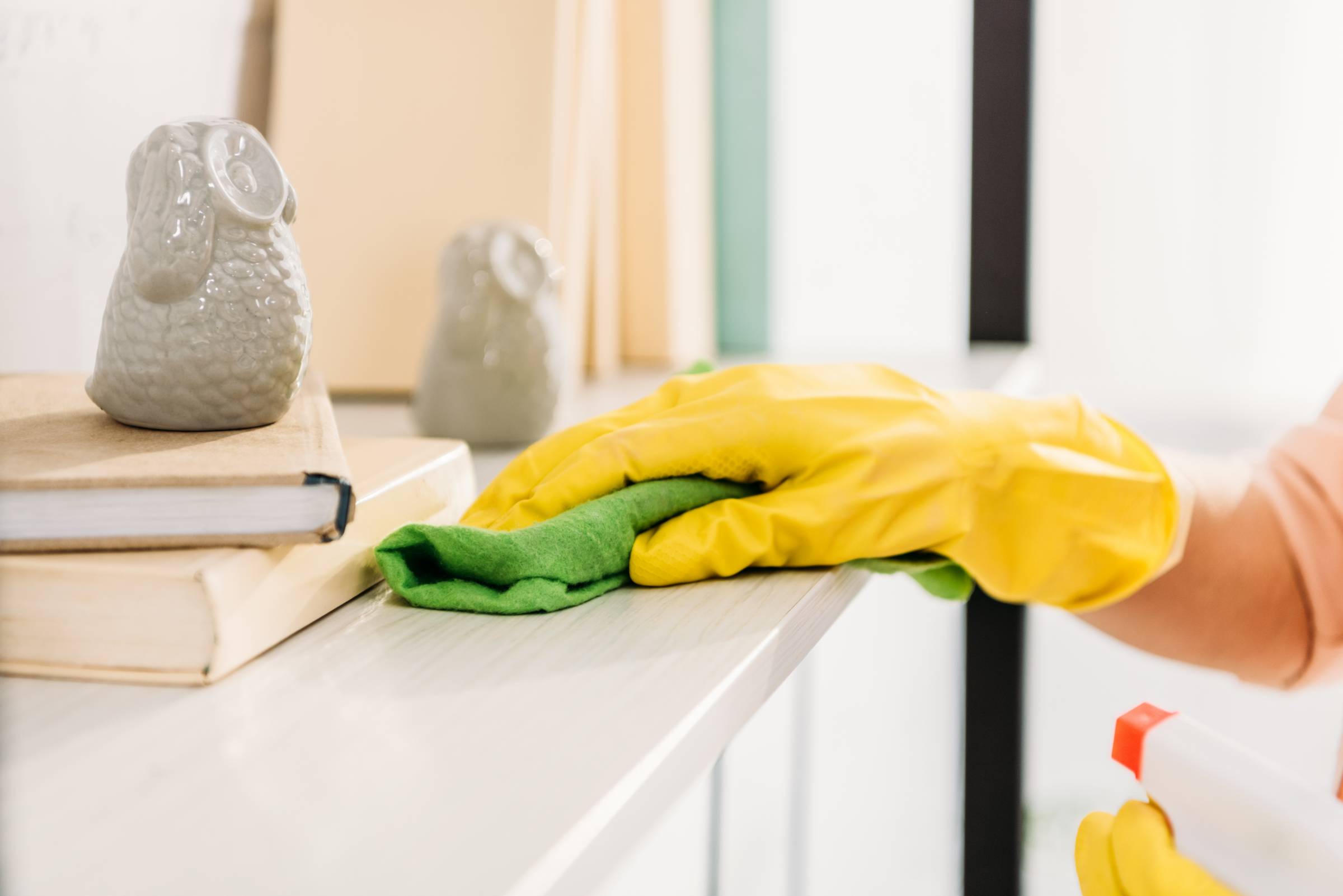
The ultimate spring cleaning checklist
Read more
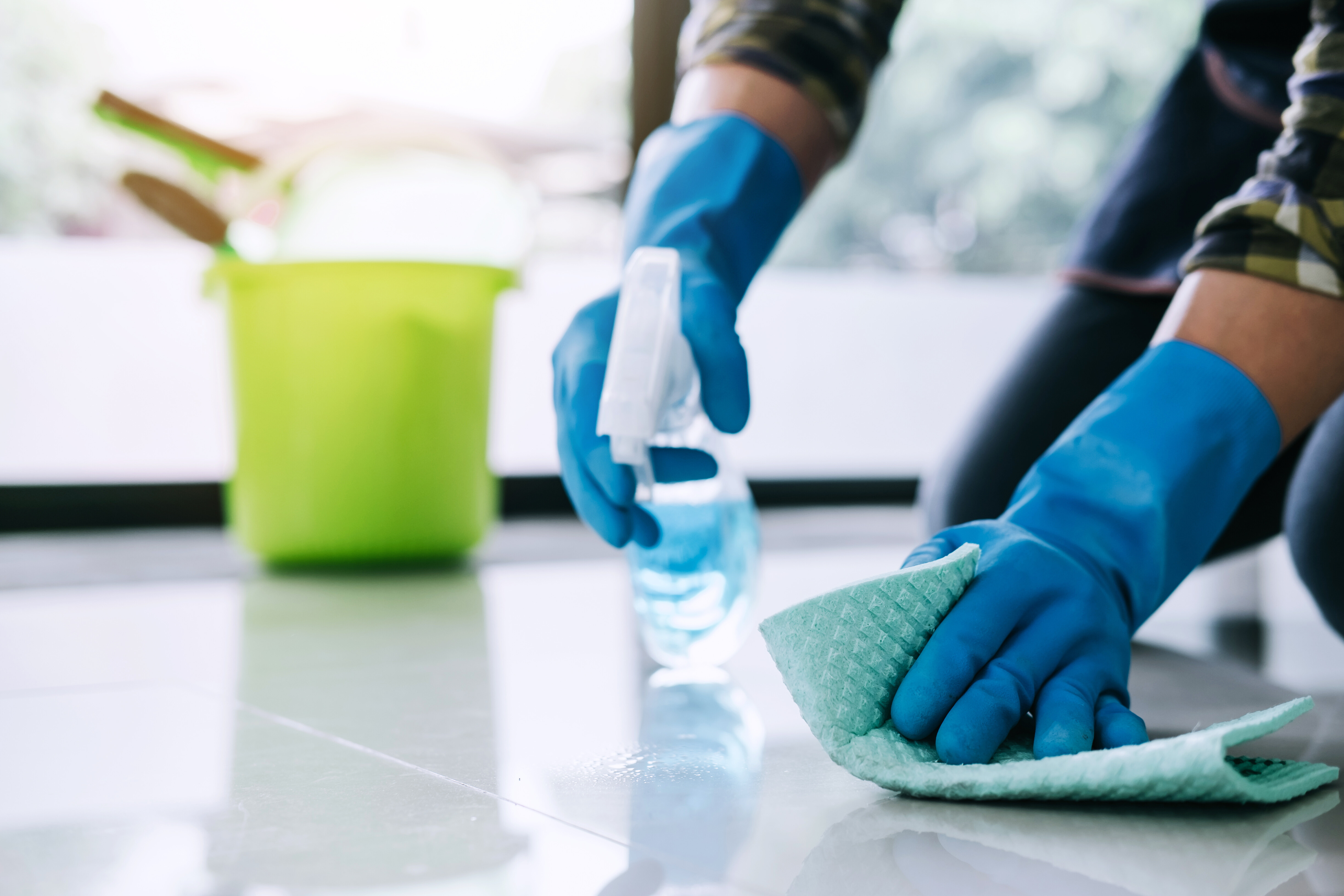
Move out cleaning checklist
Read more
Related price guides
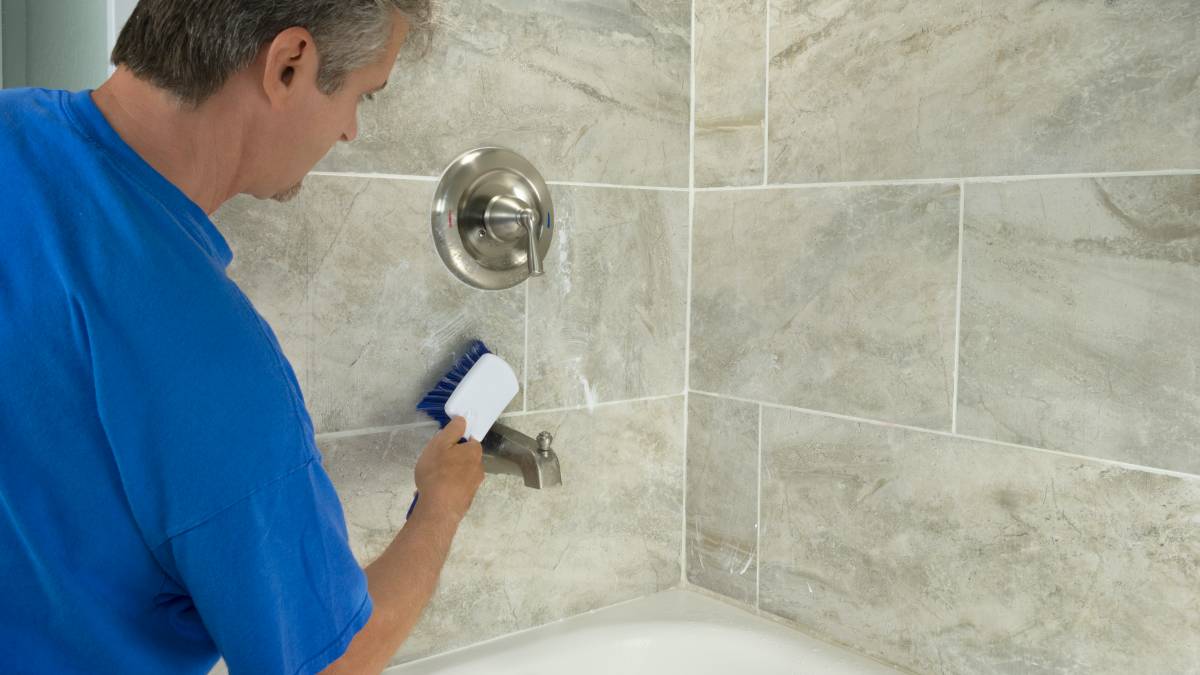
How much does tile cleaning cost?
Read more

Average price of move out cleaning
Read more
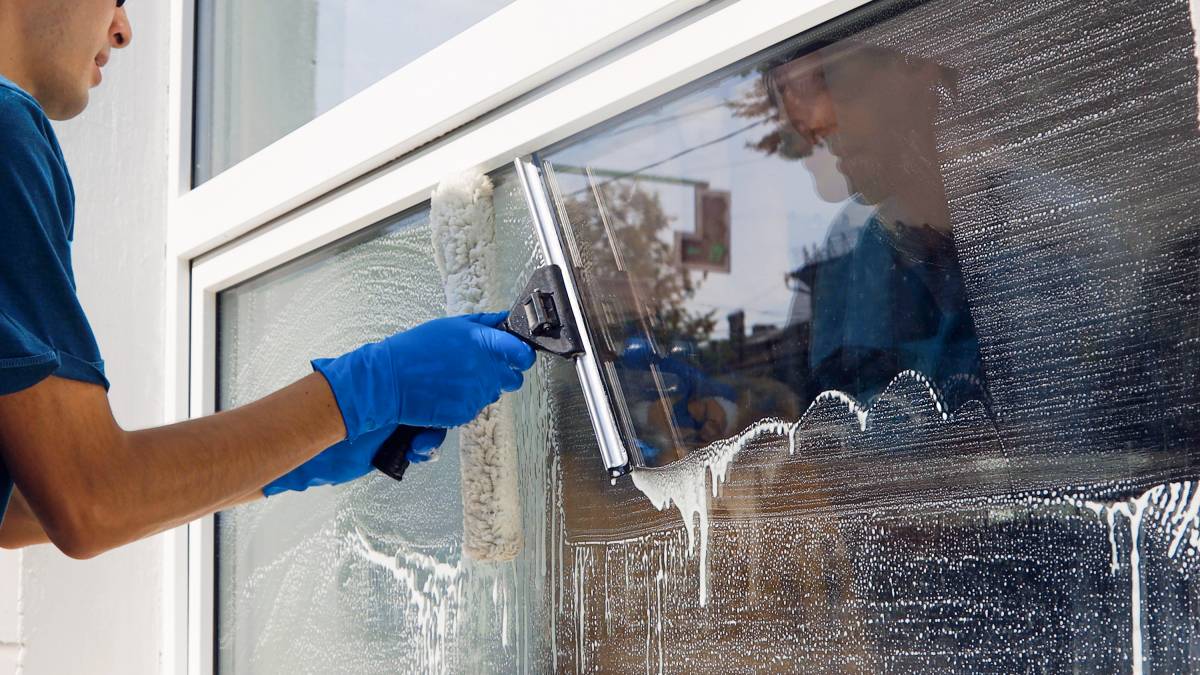
How much does a cleaner cost?
Read more

How much does office cleaning cost?
Read more

How much does attic cleaning cost?
Read more
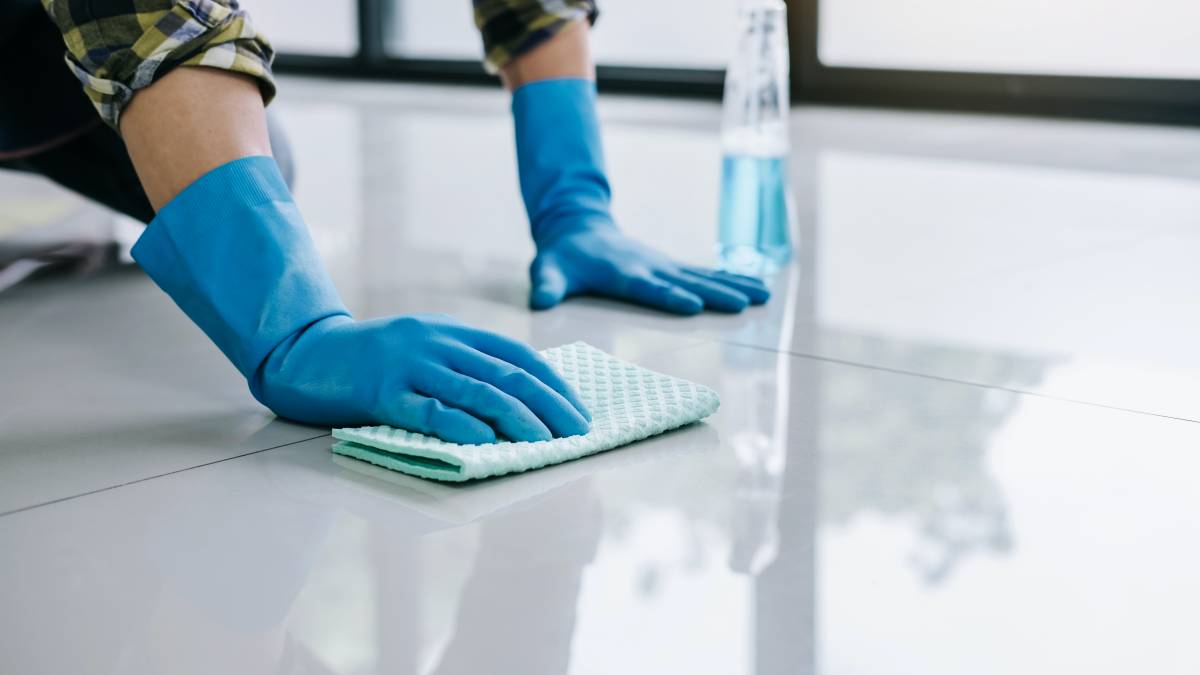
How much does floor cleaning cost?
Read more
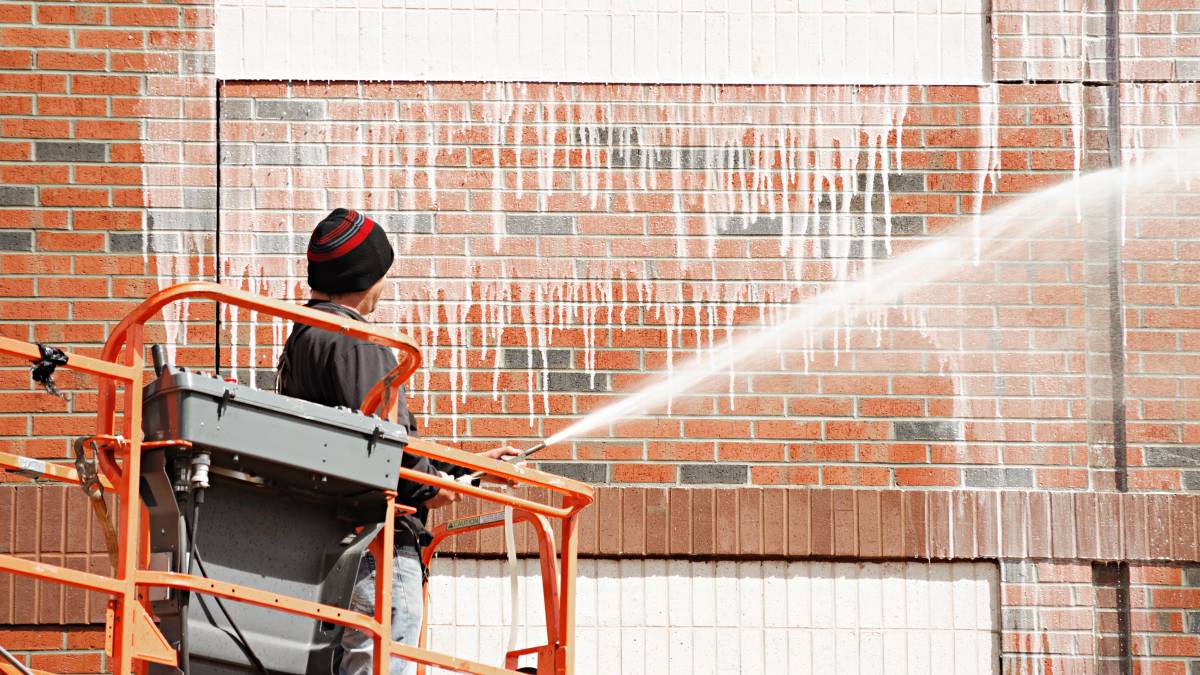
How much does brick cleaning cost?
Read more
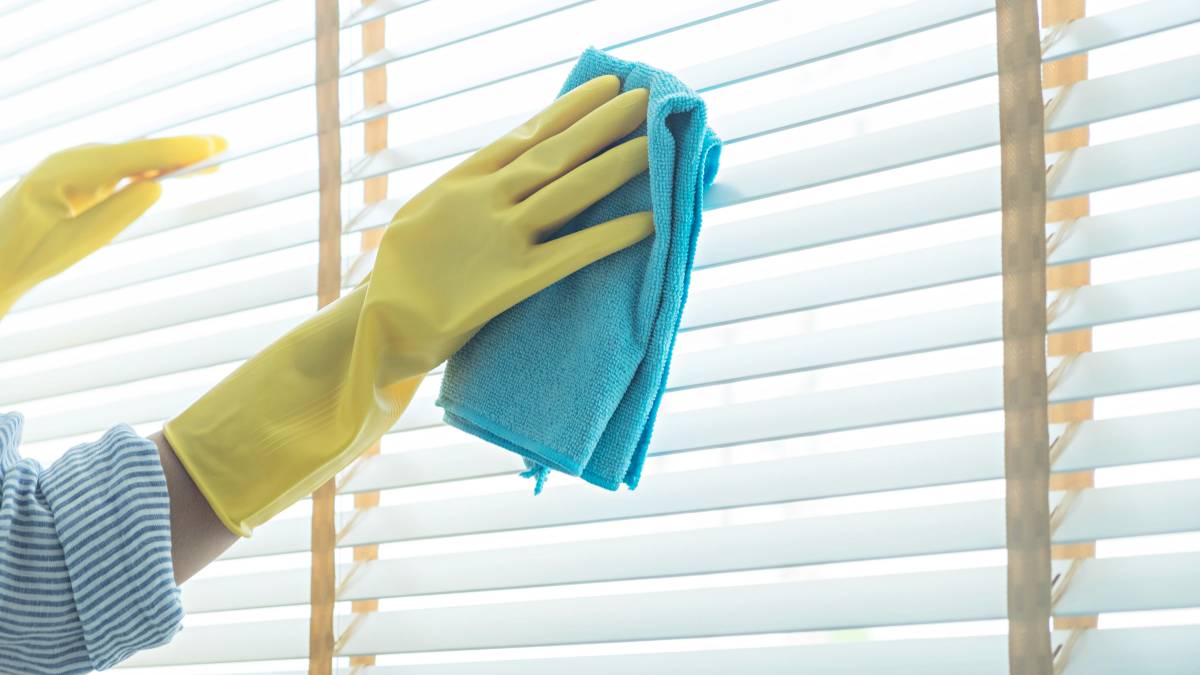
How much does blind cleaning cost?
Read more
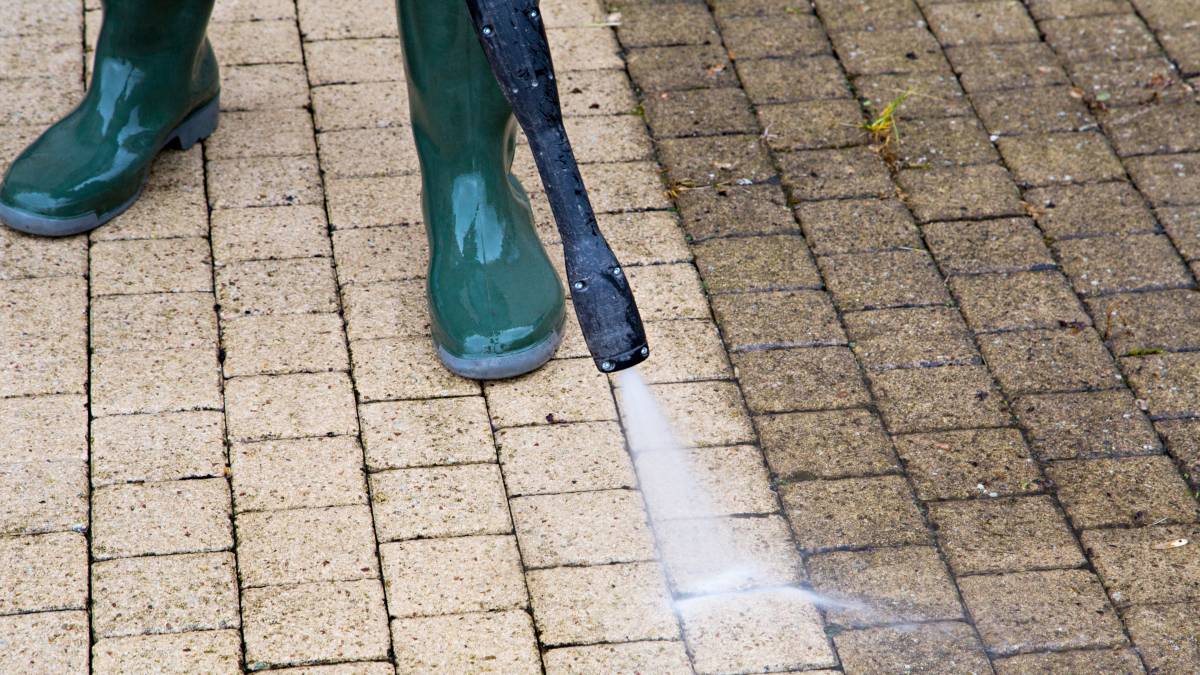
How much does pressure washing cost?
Read more
